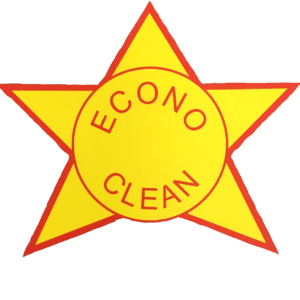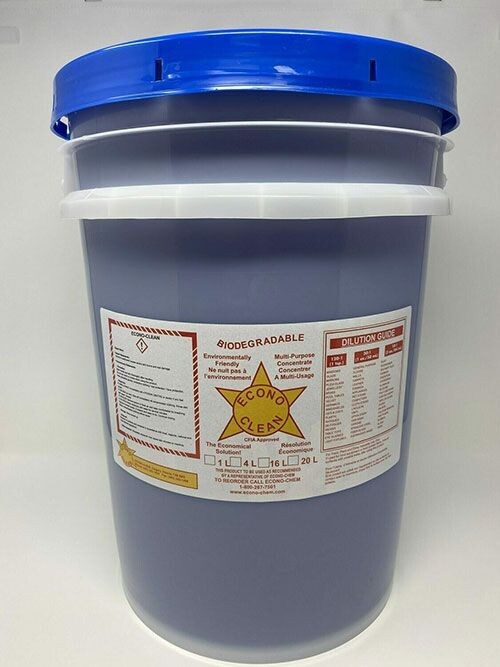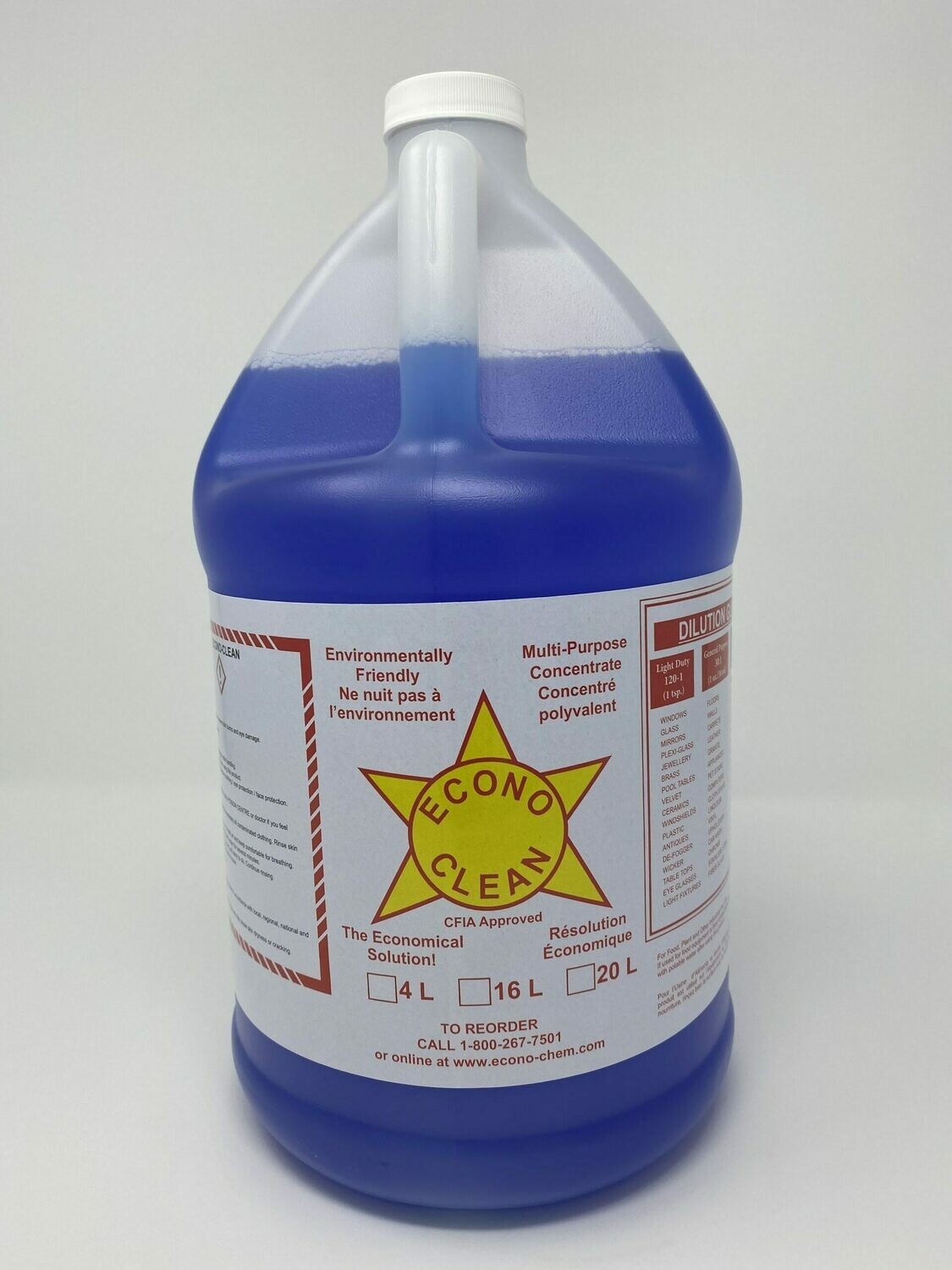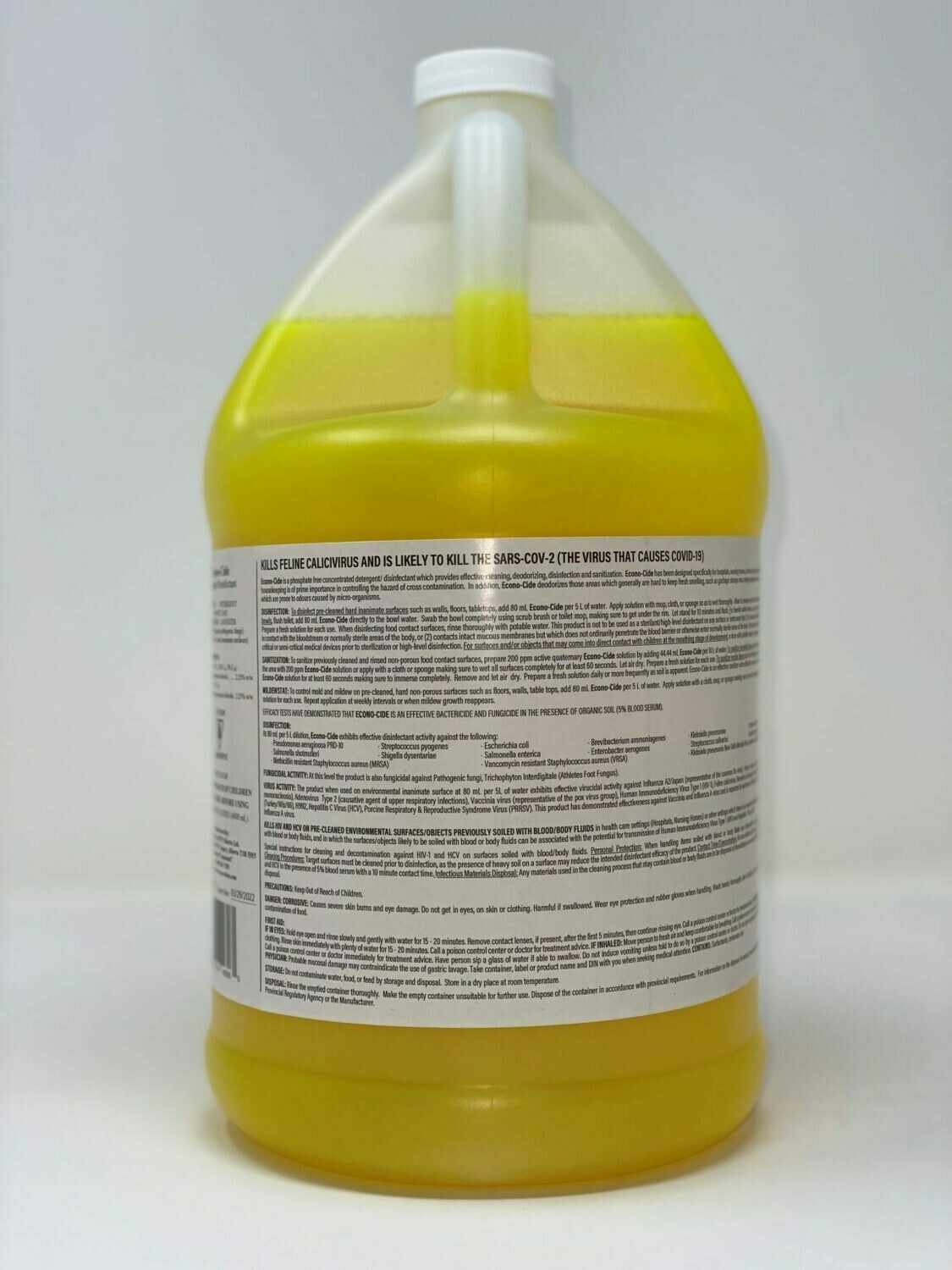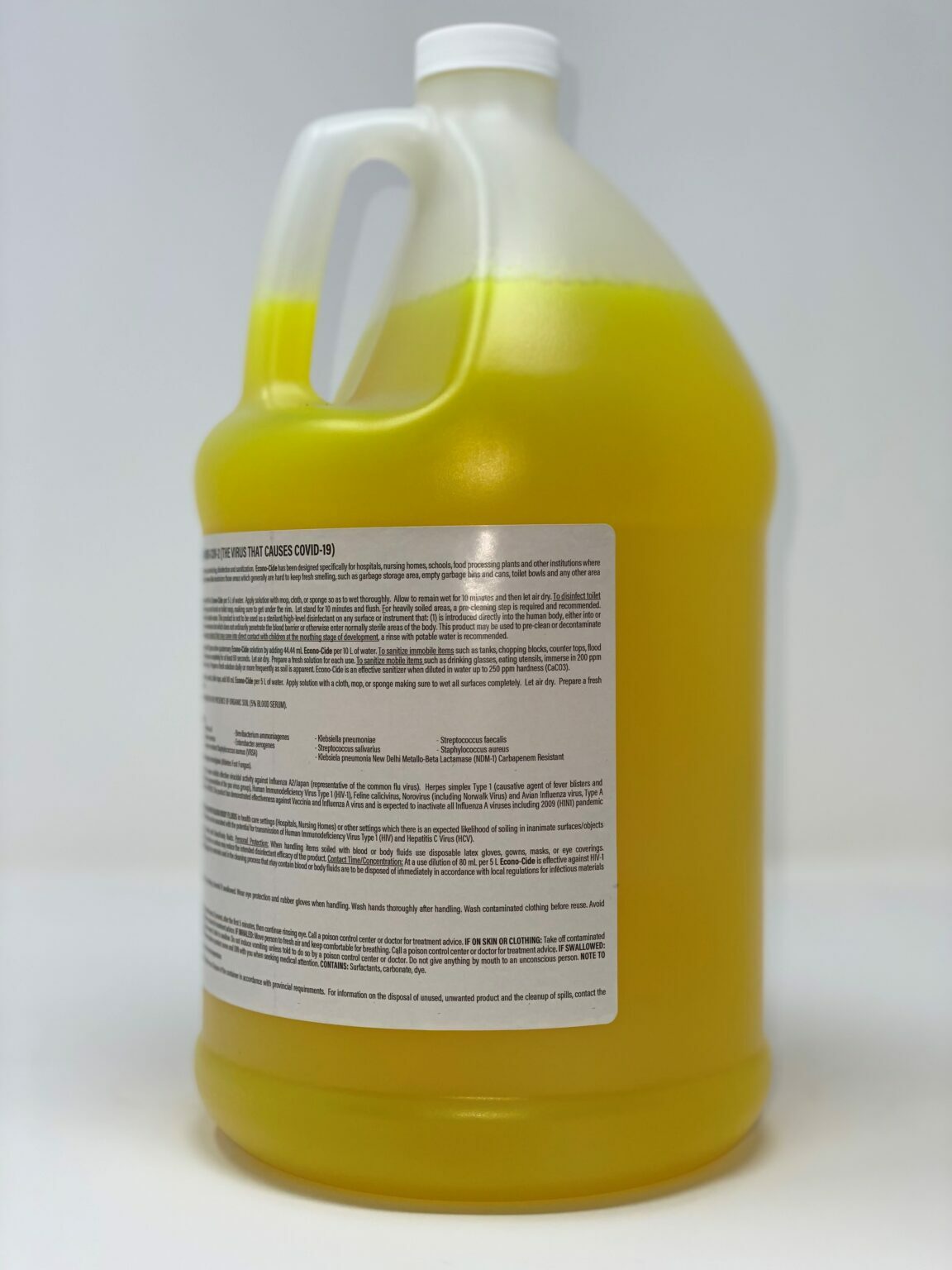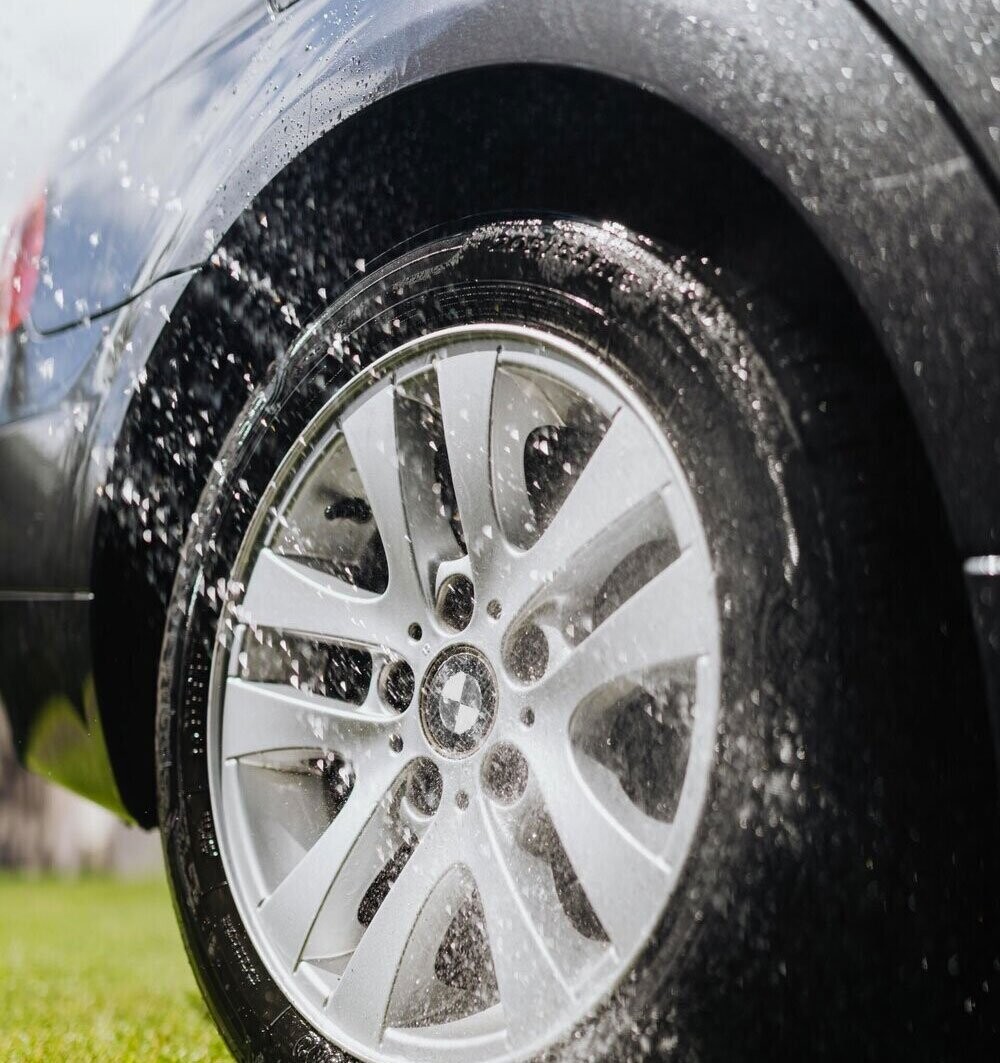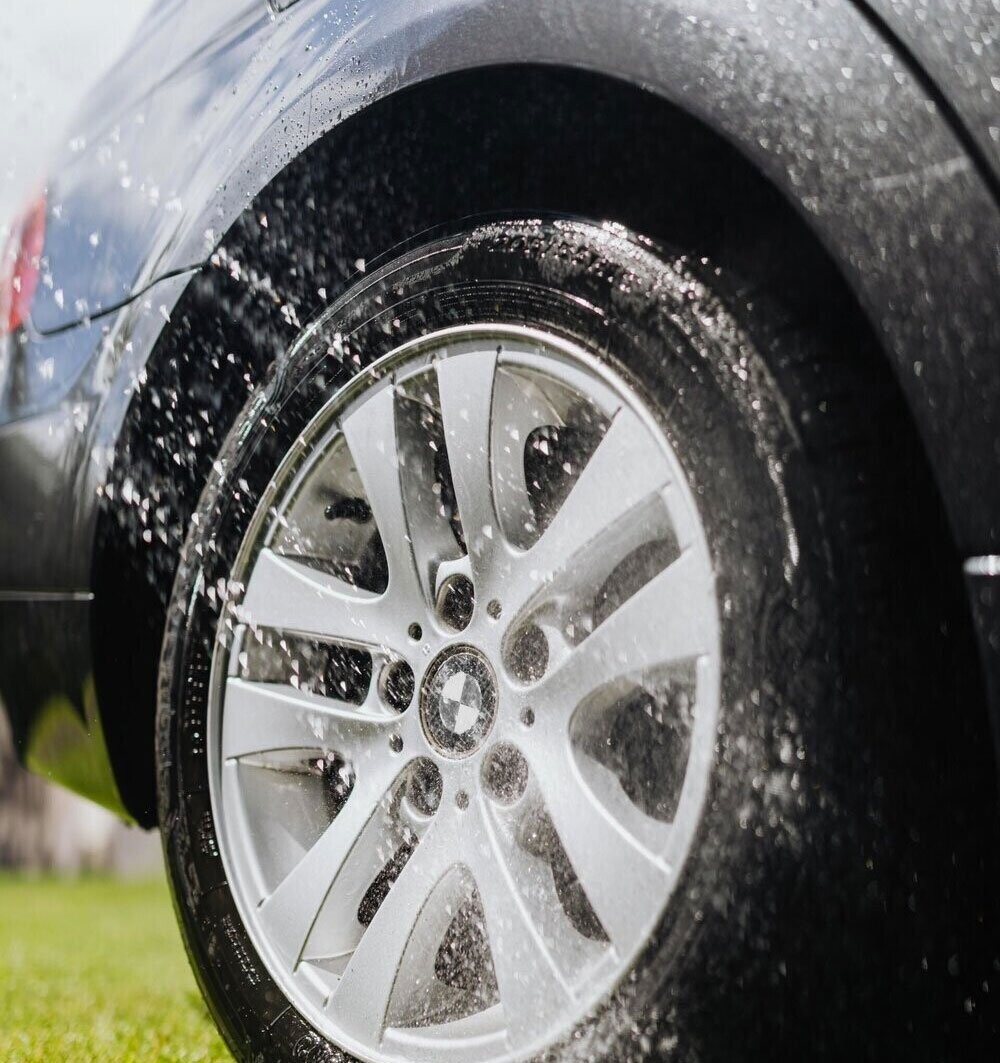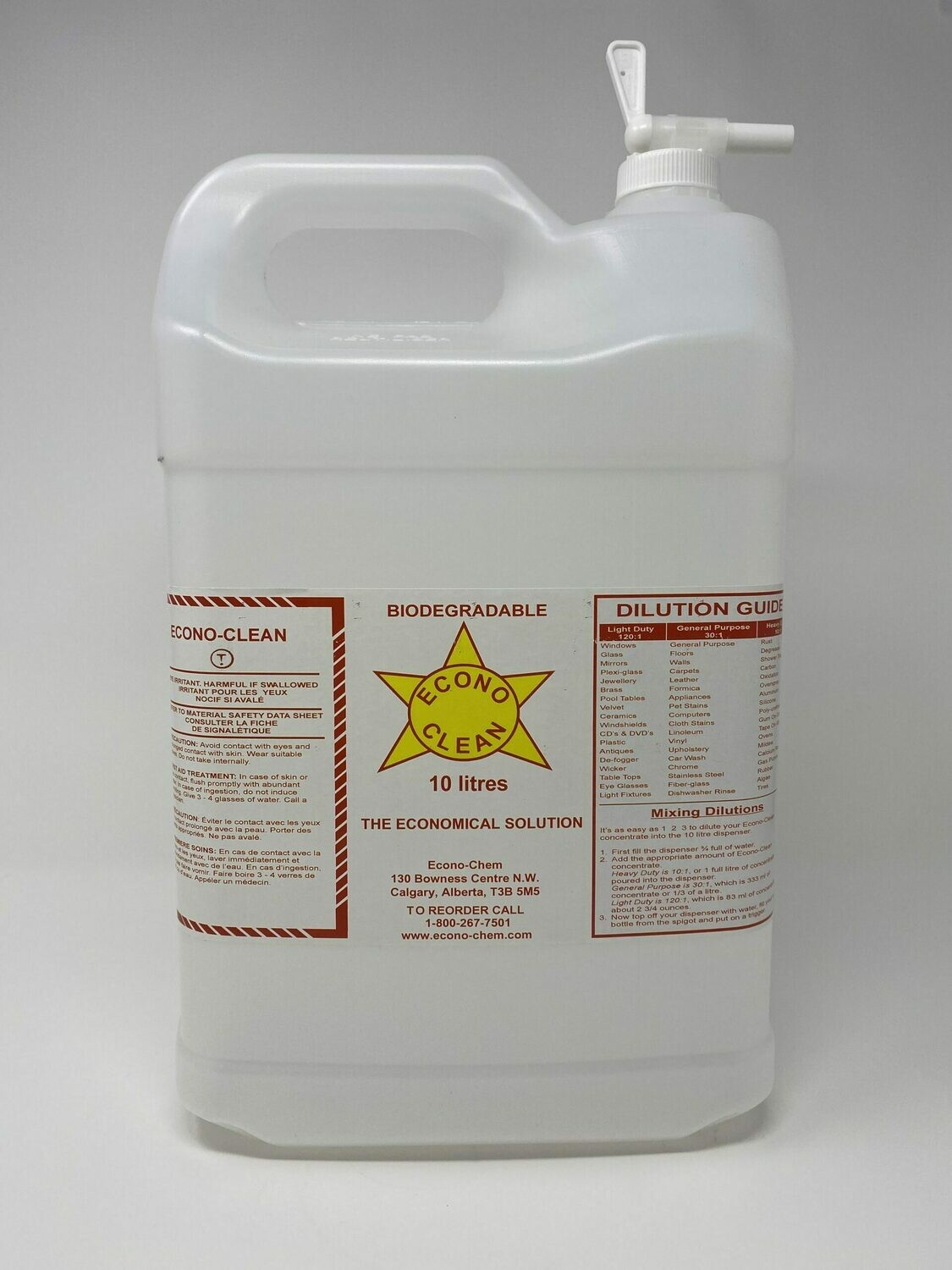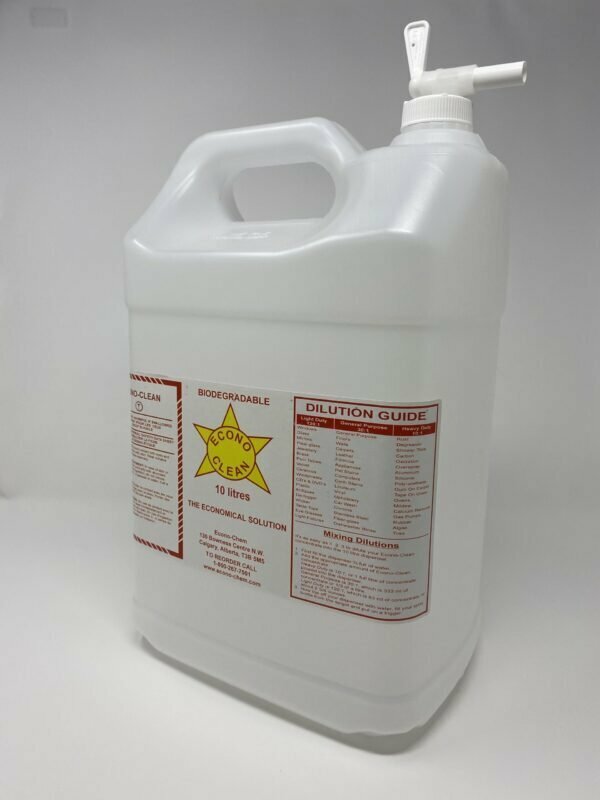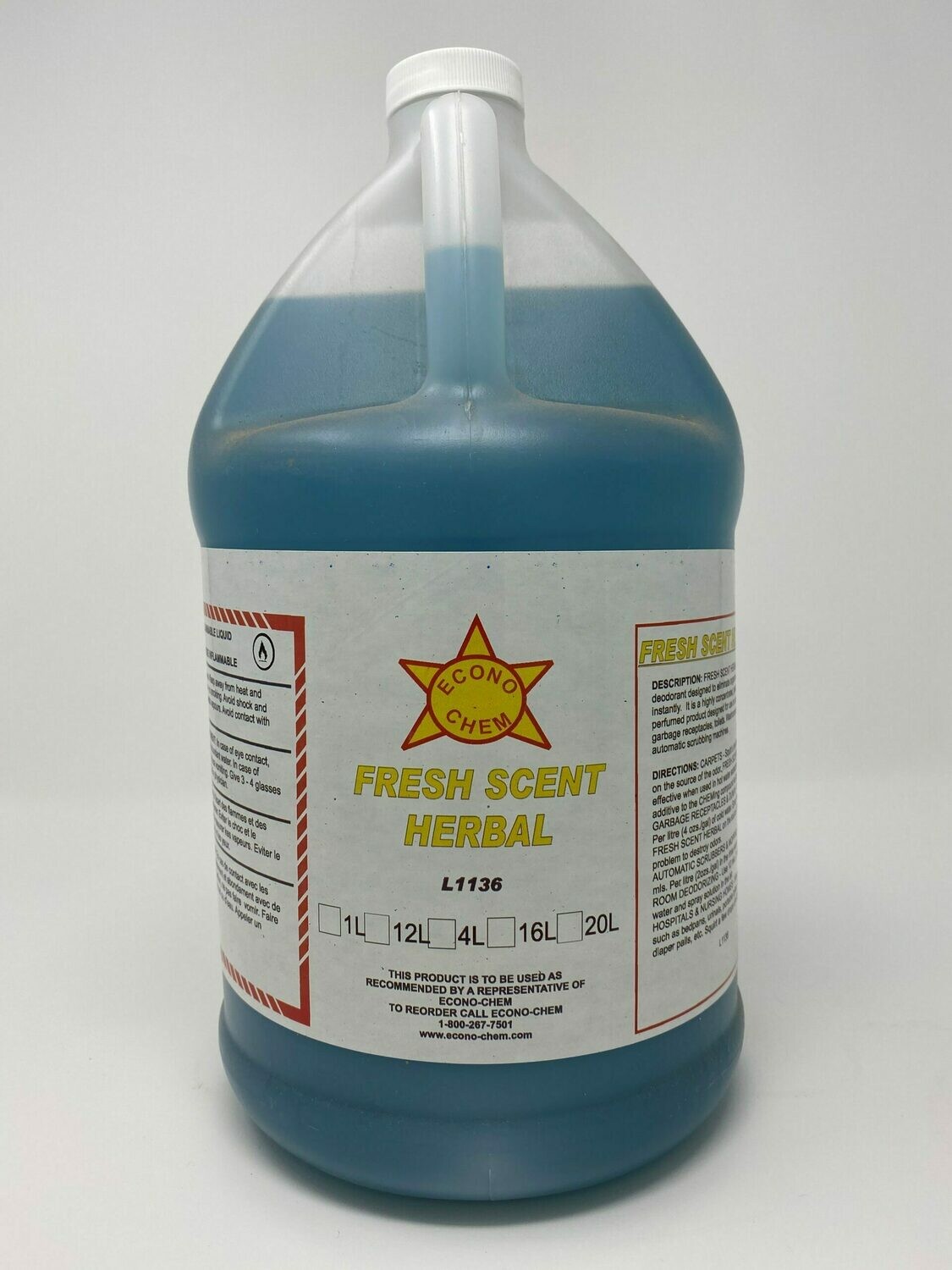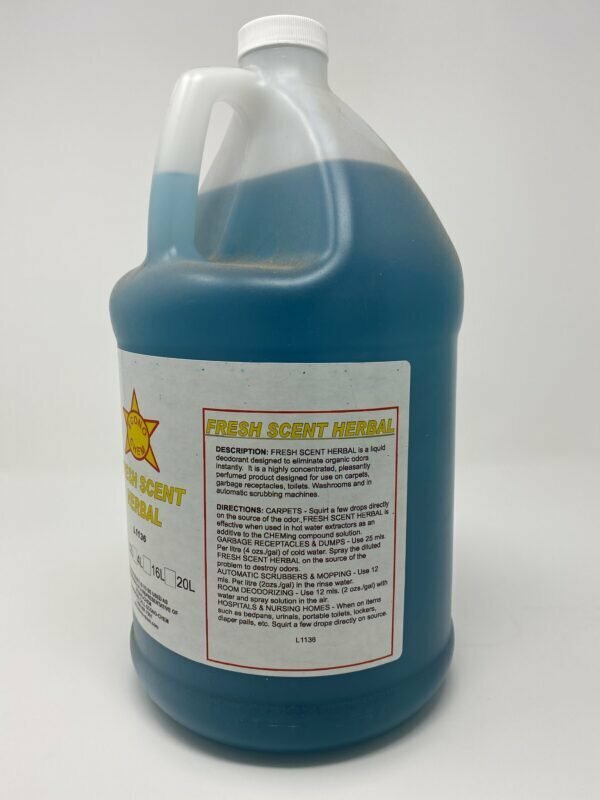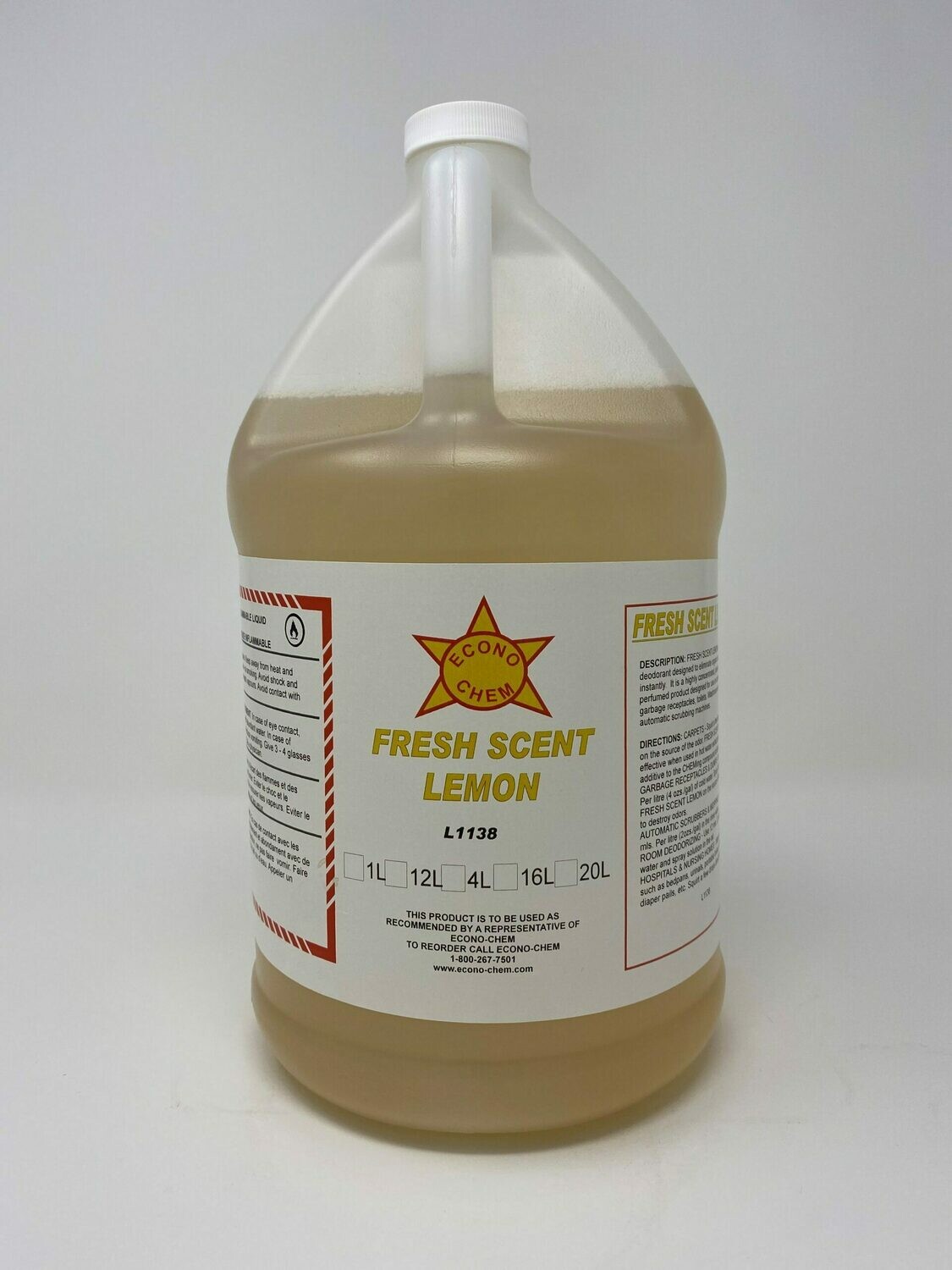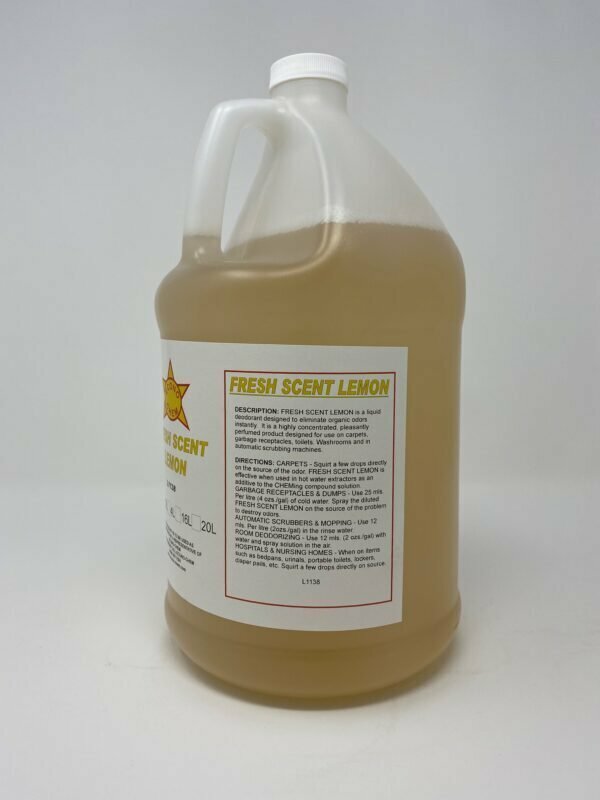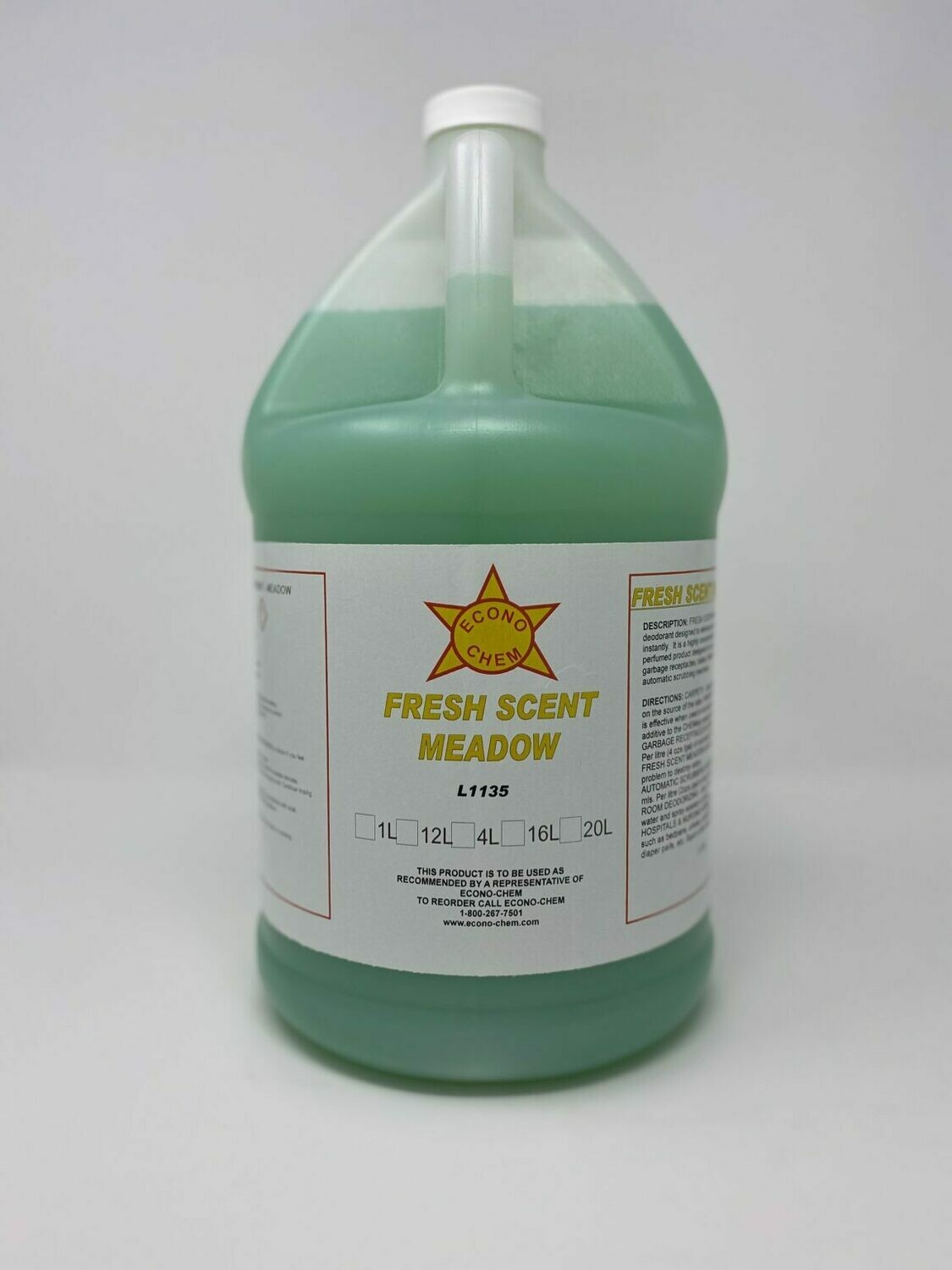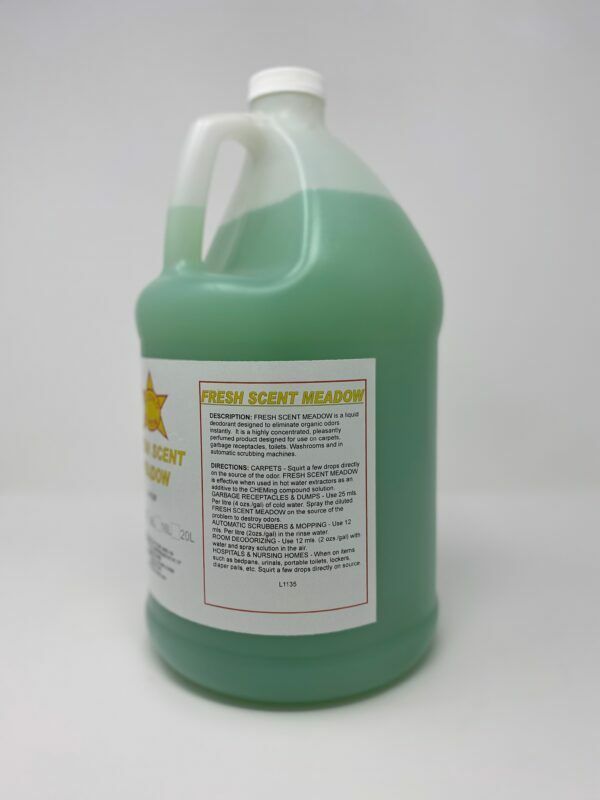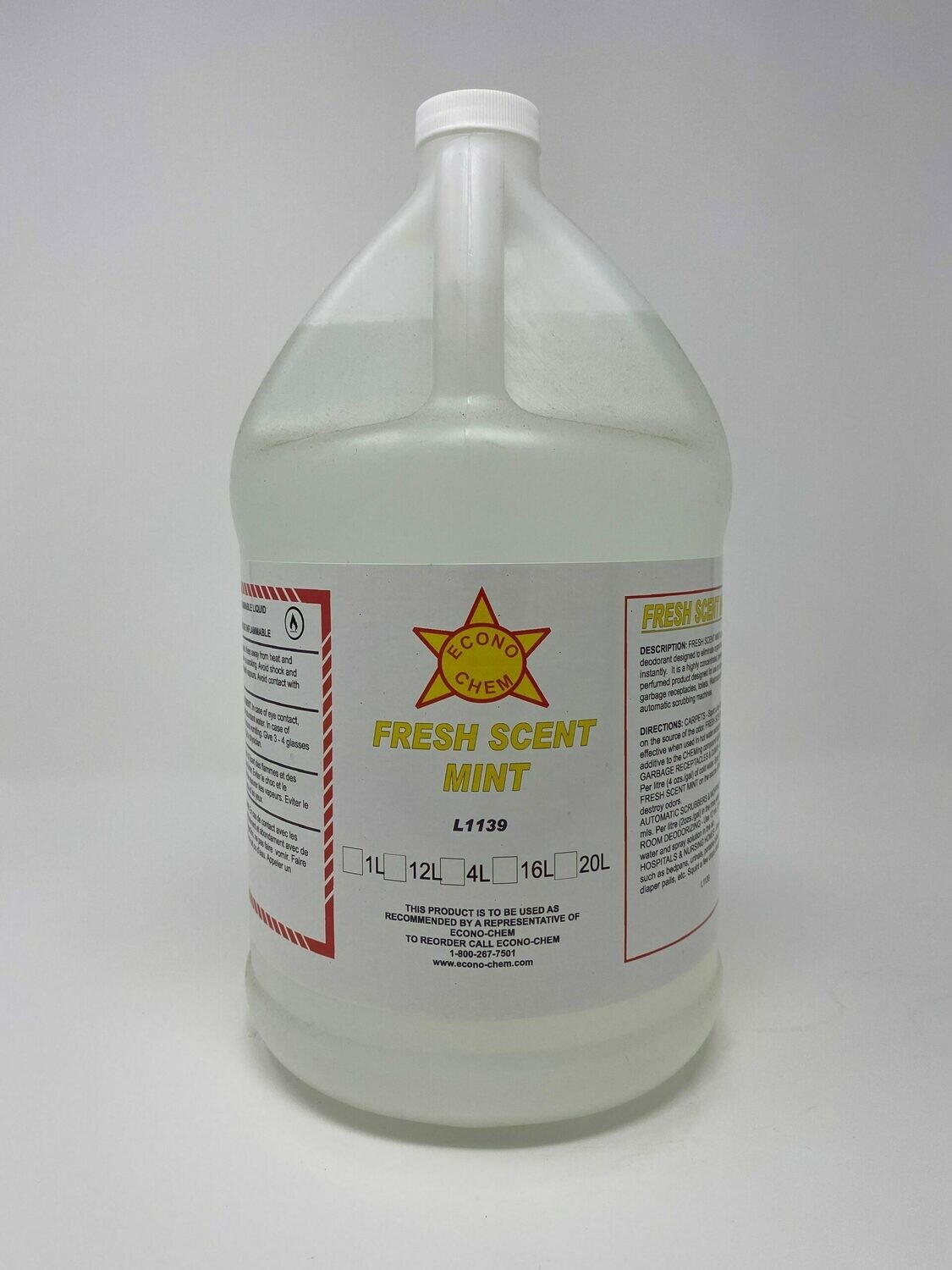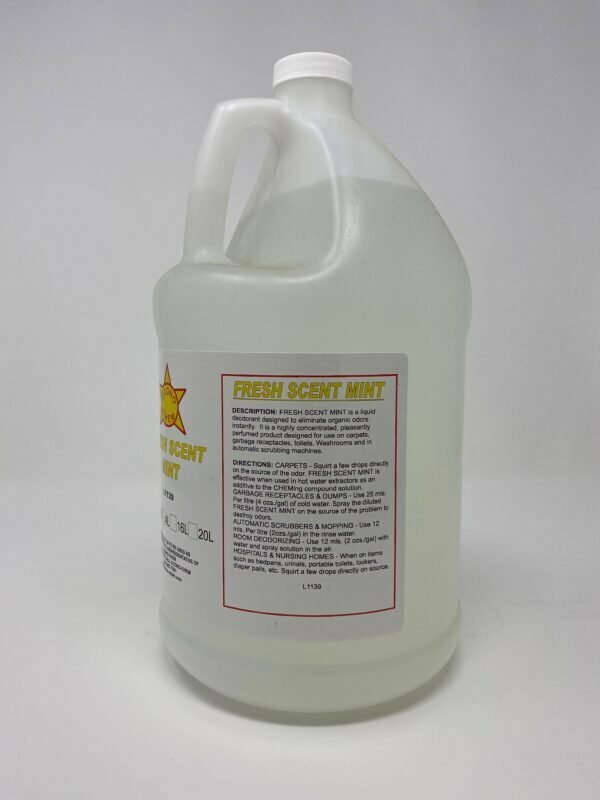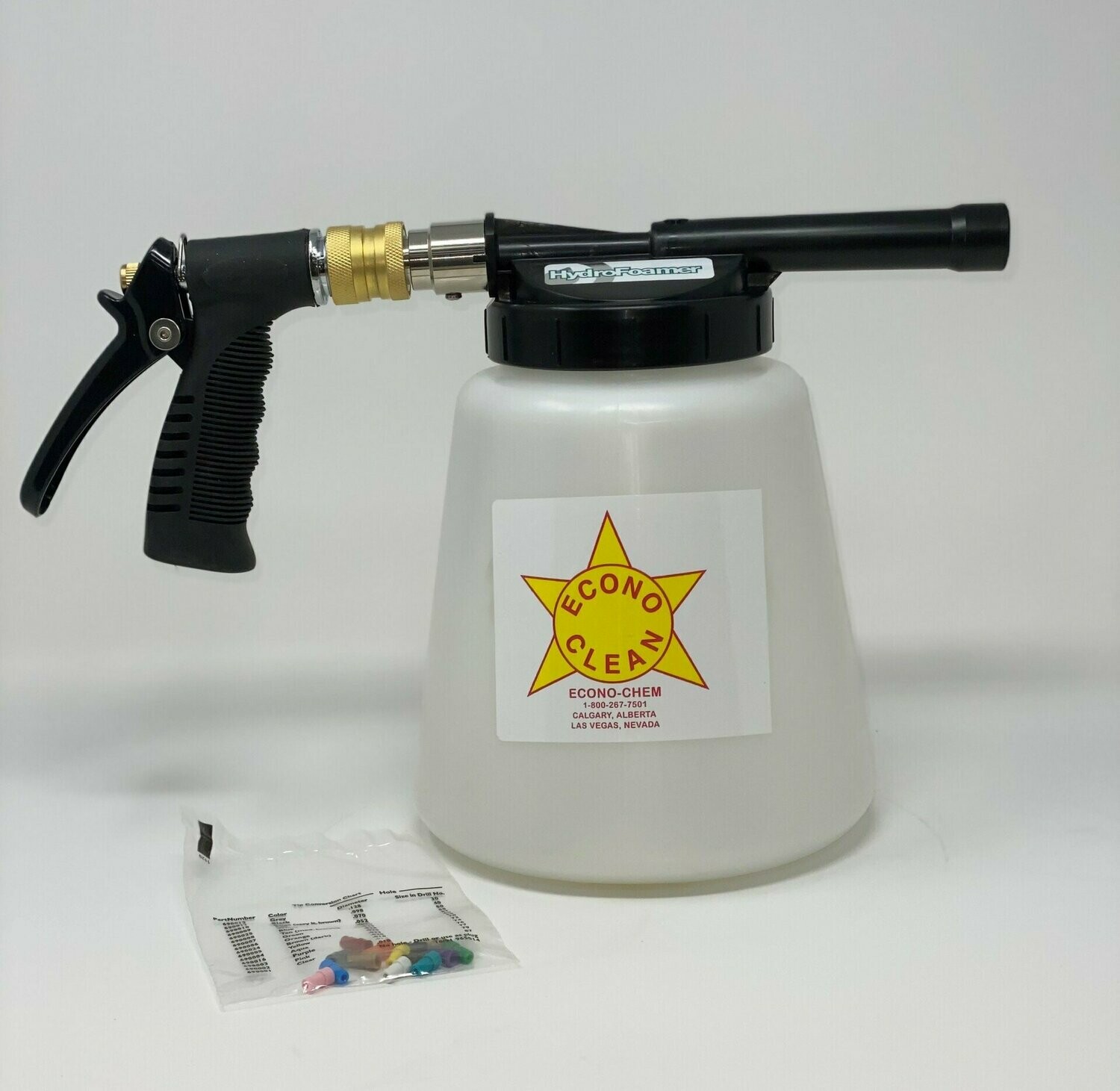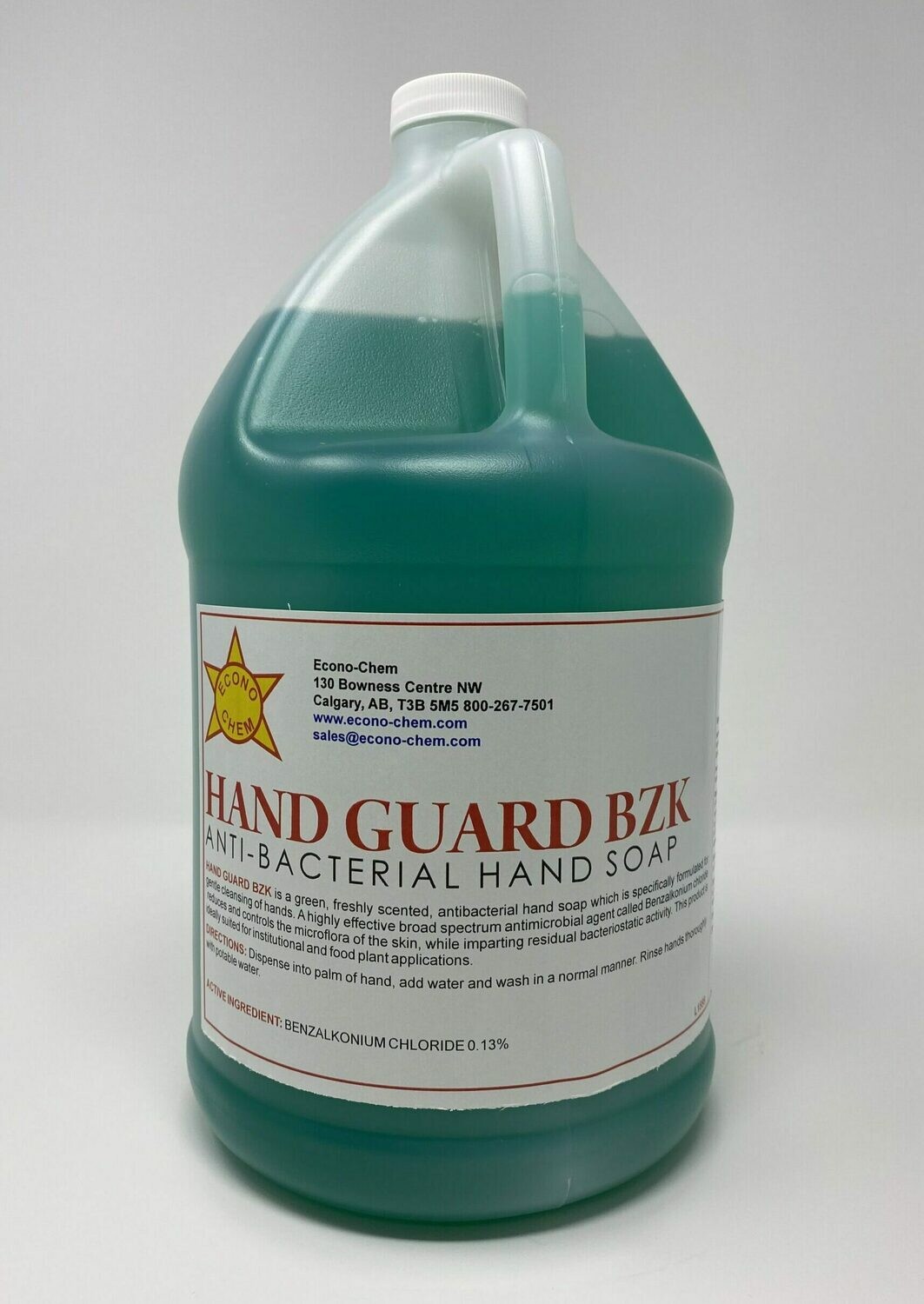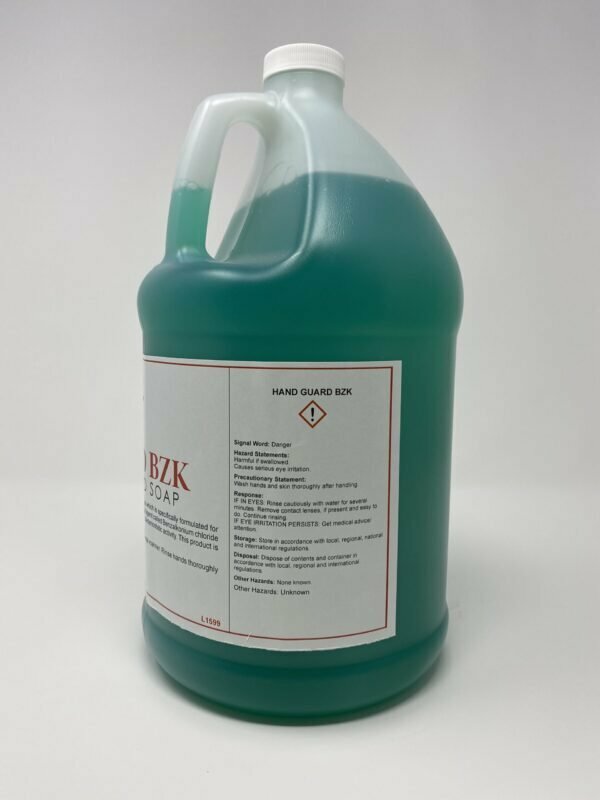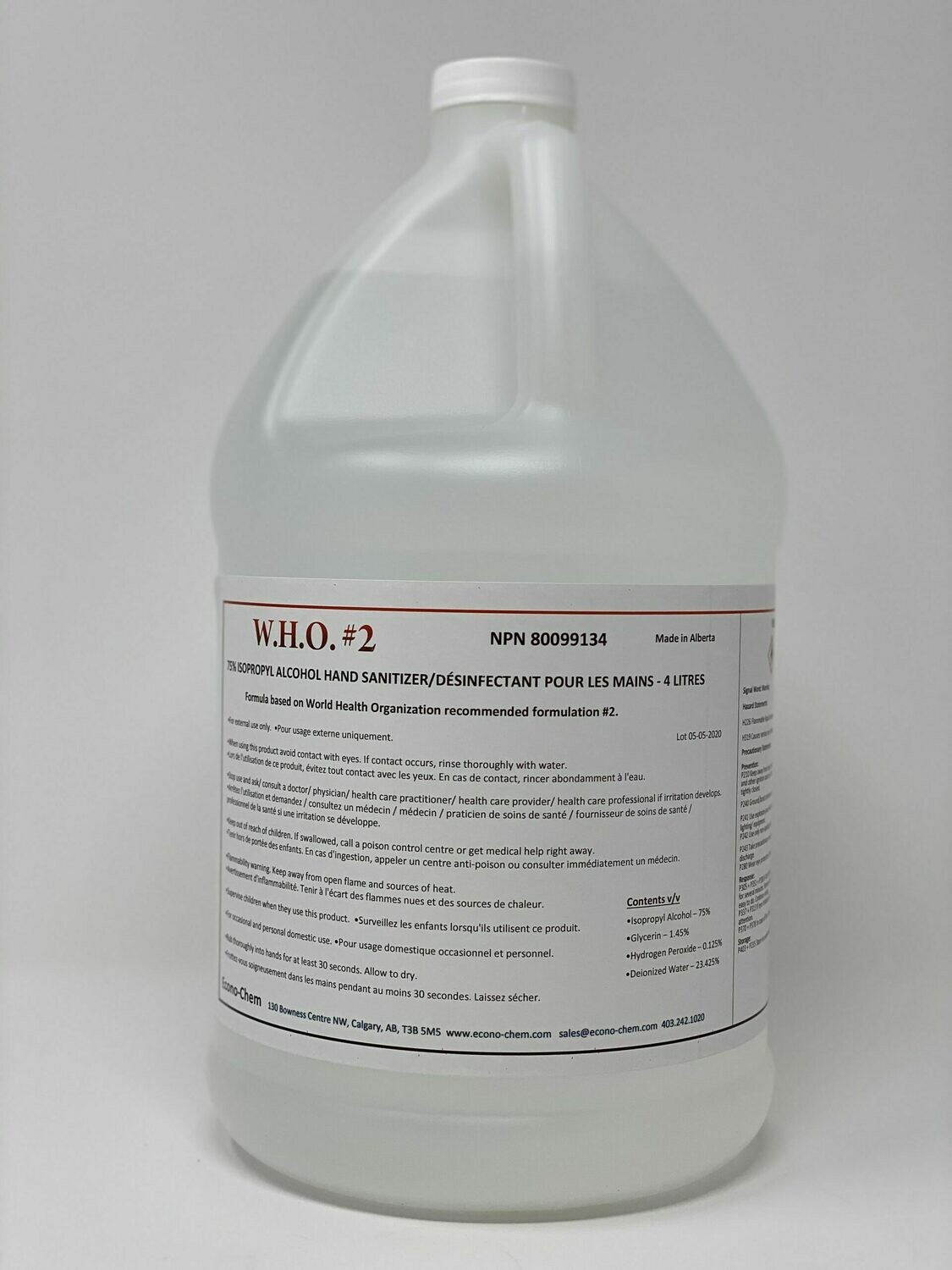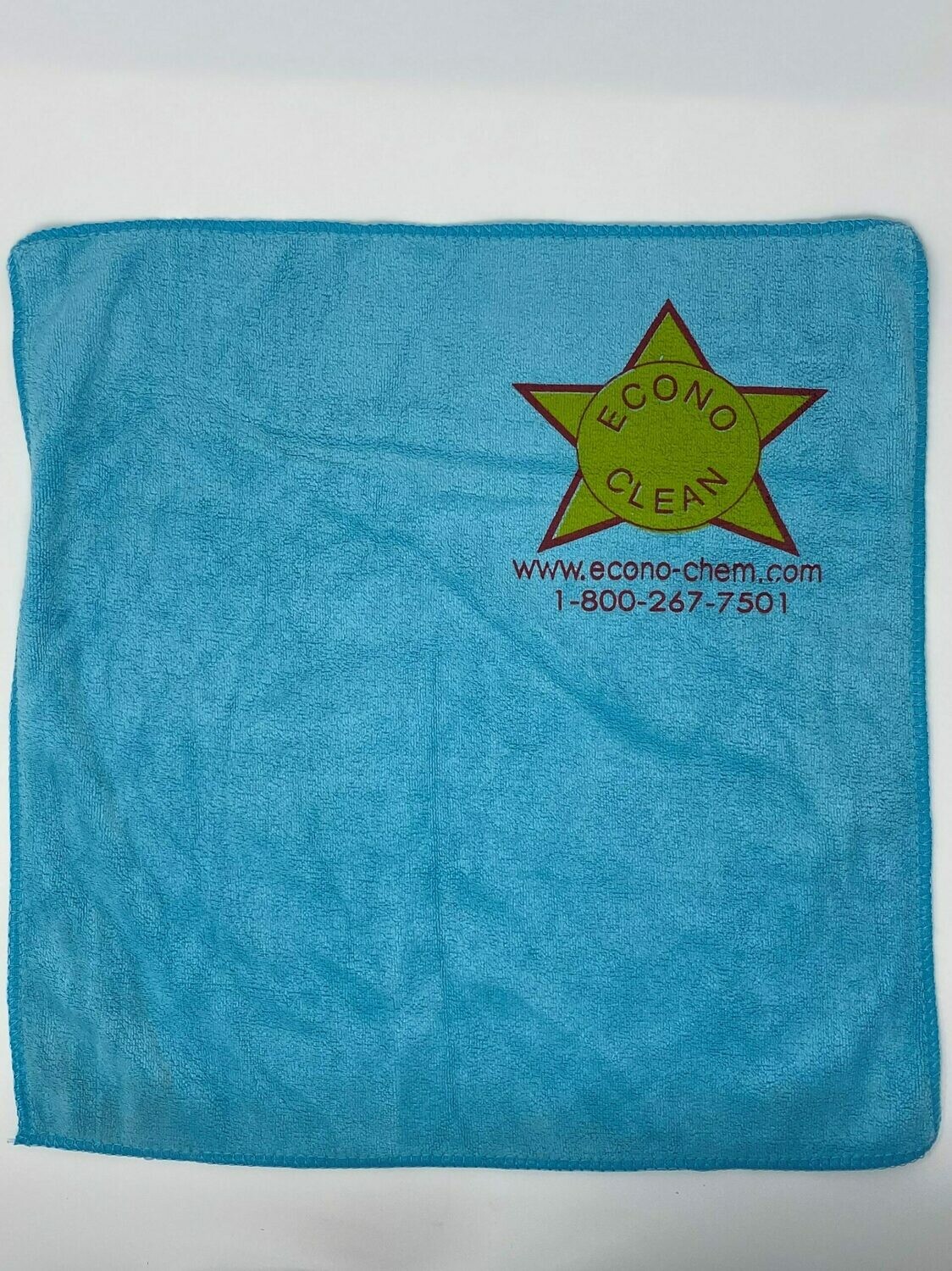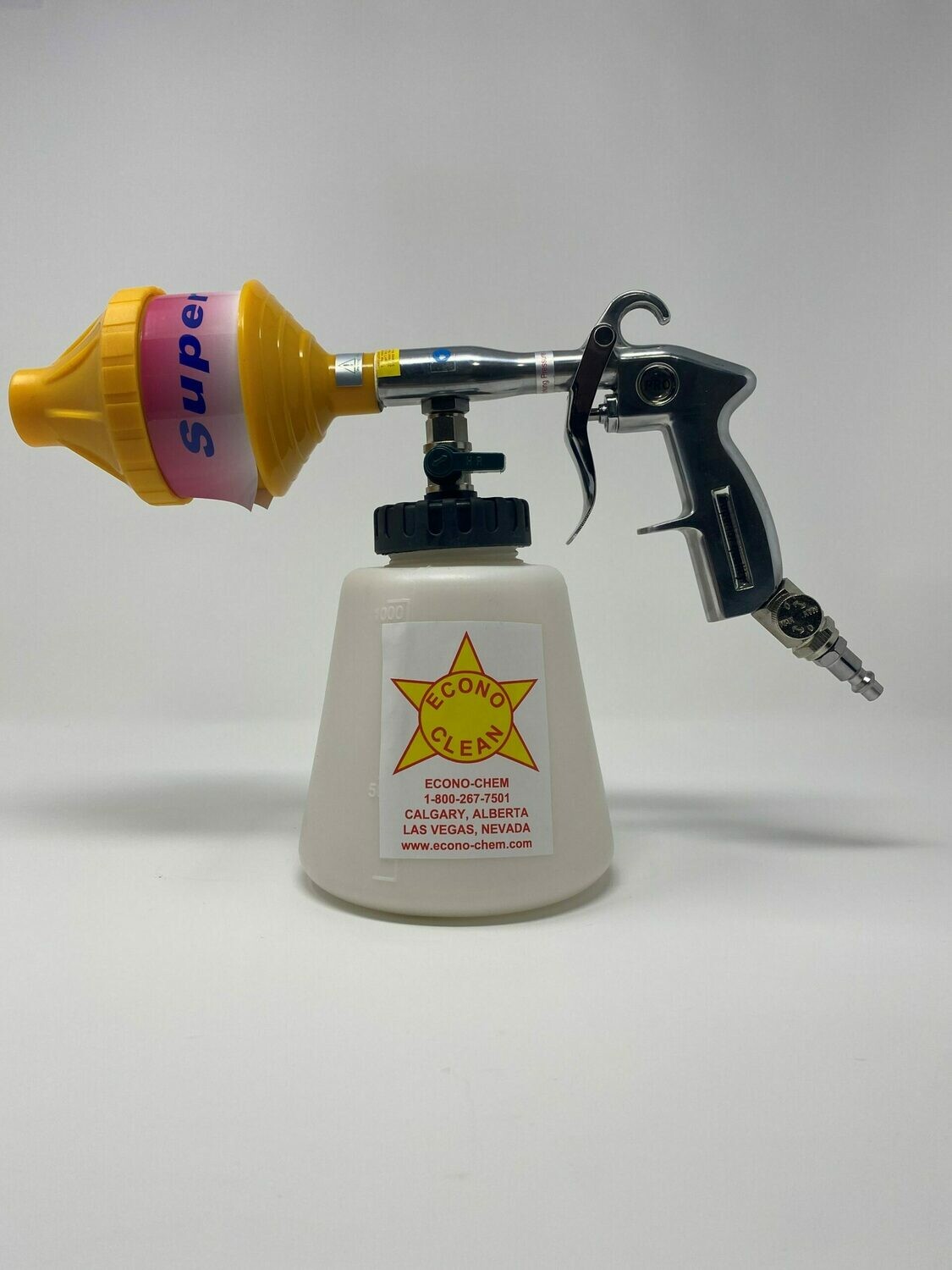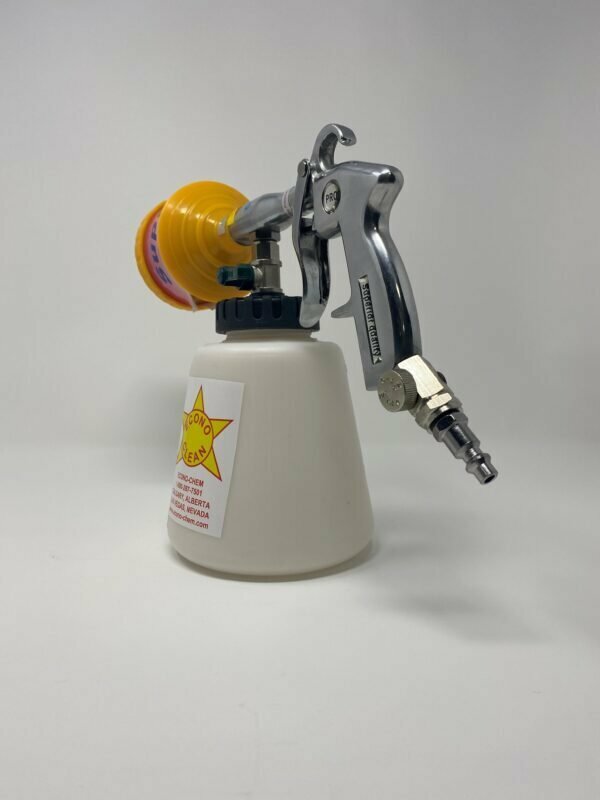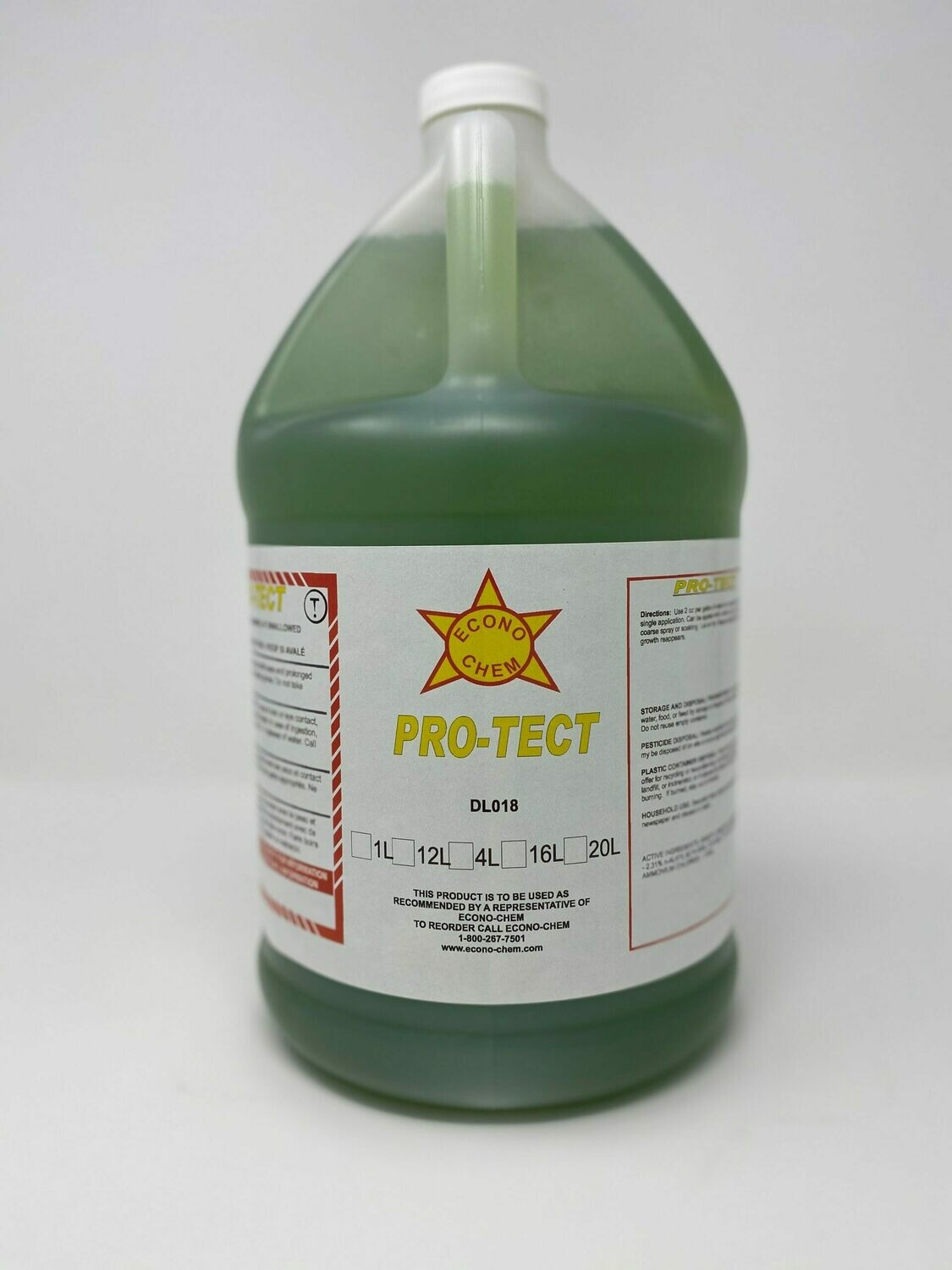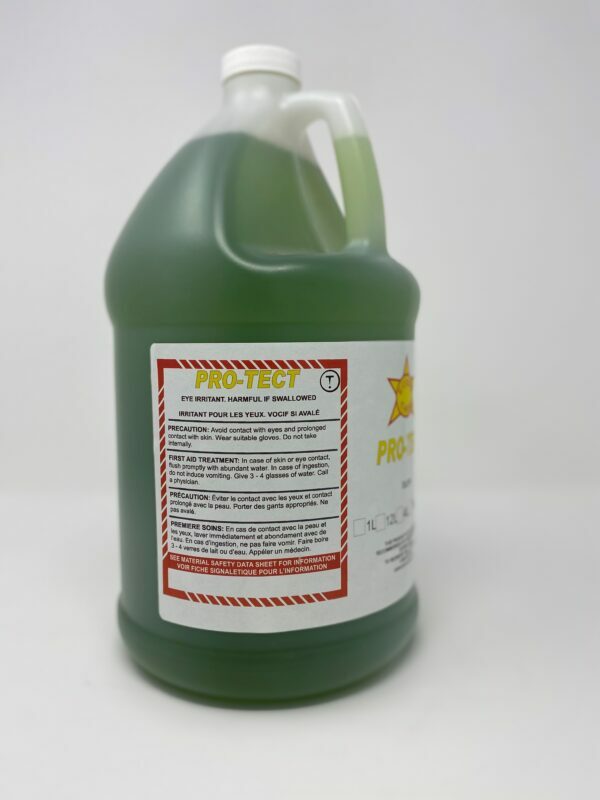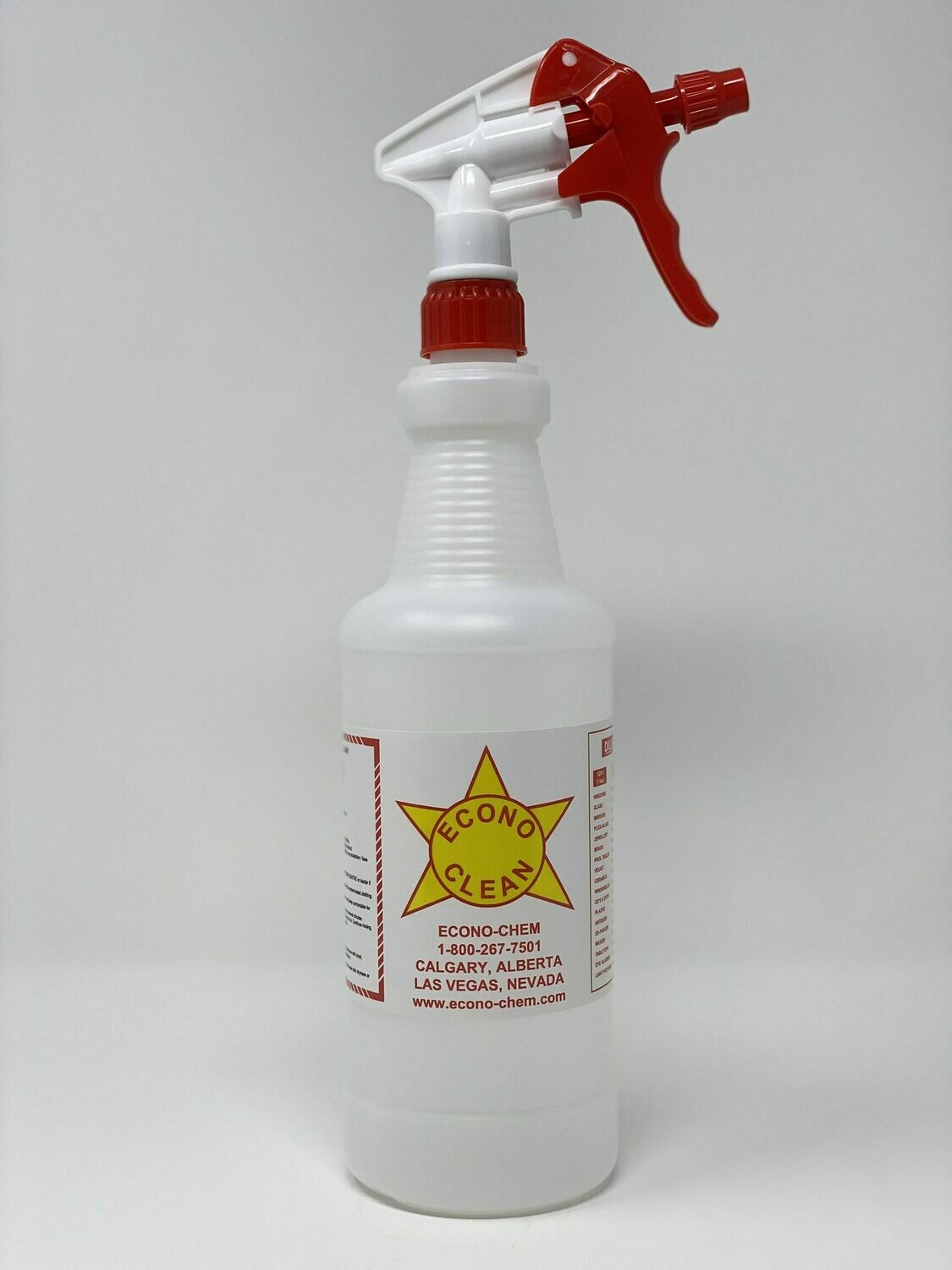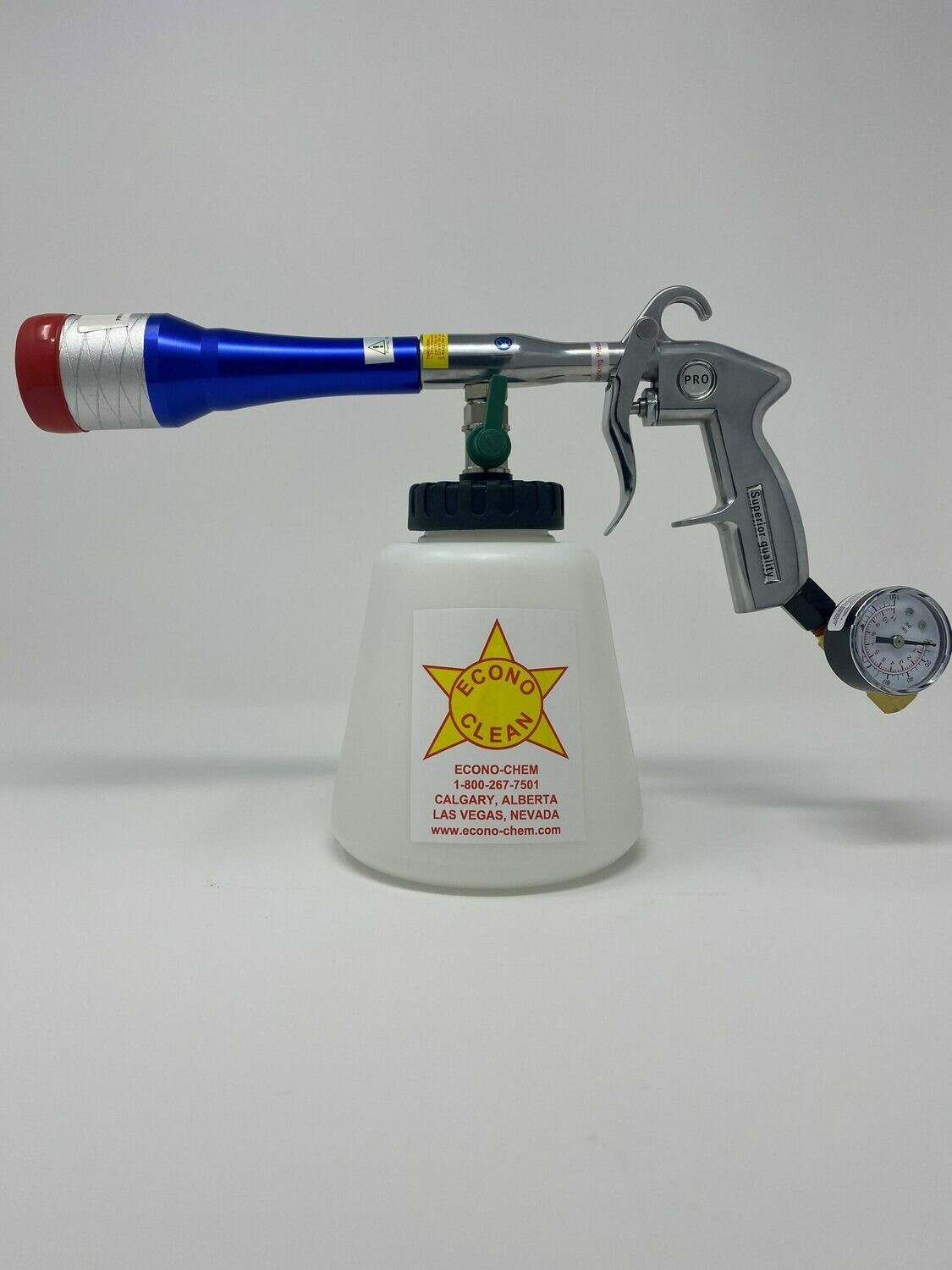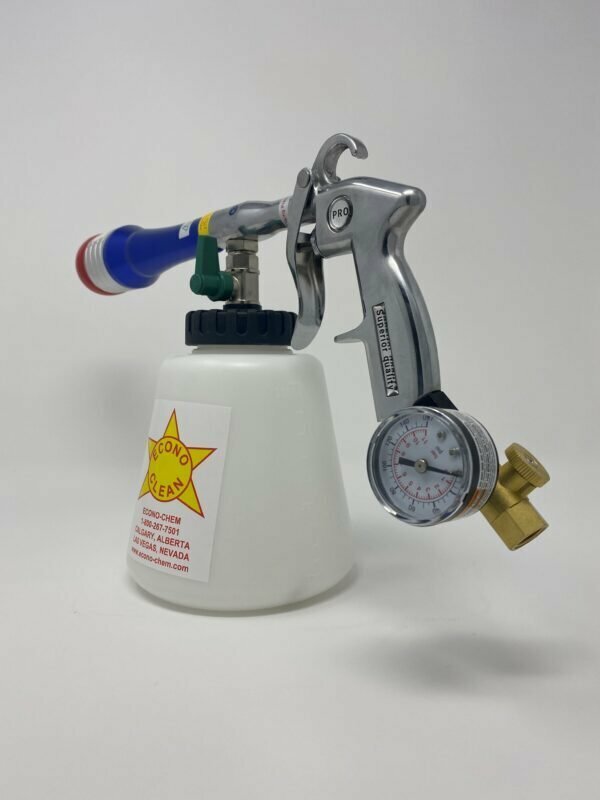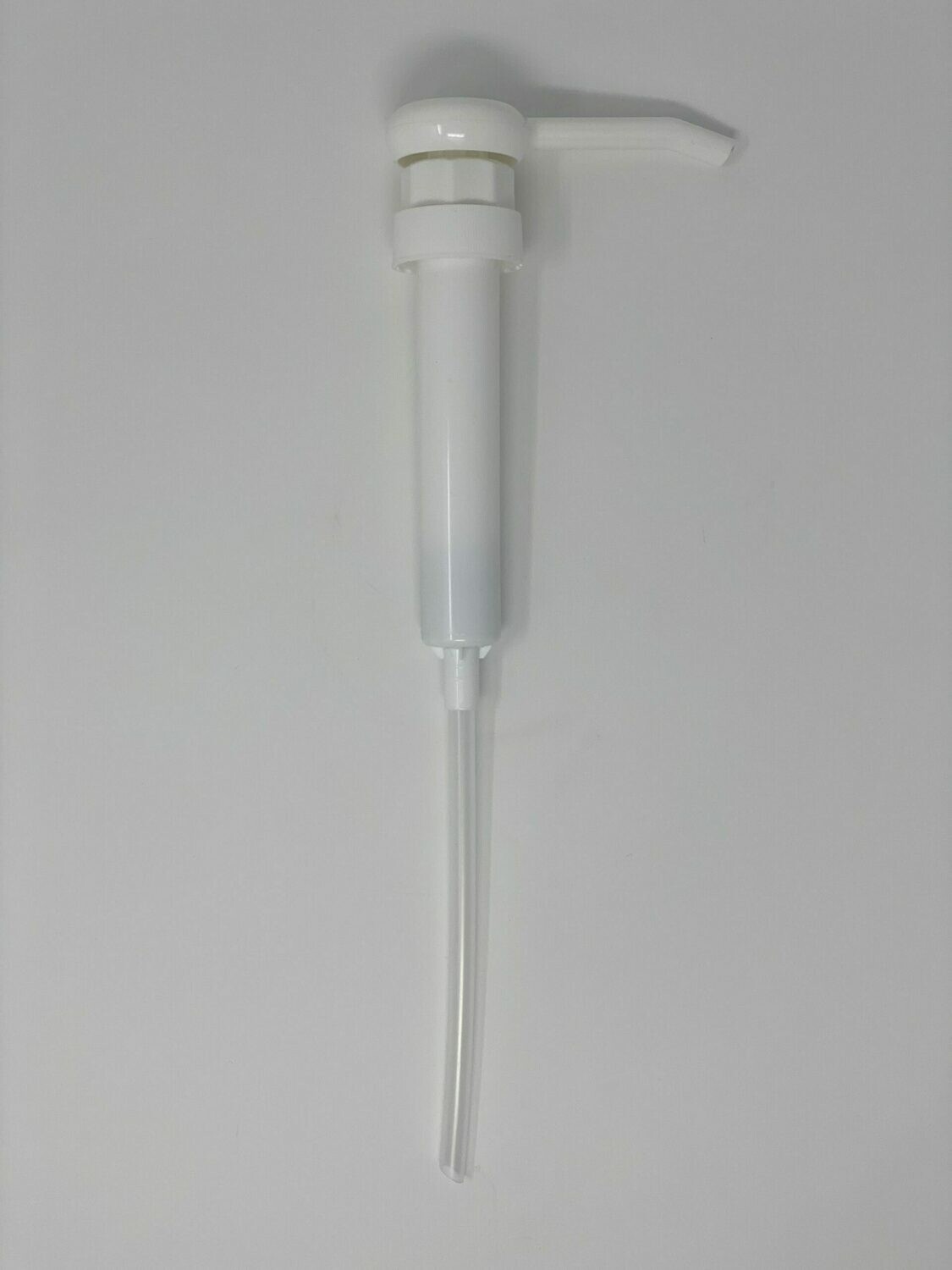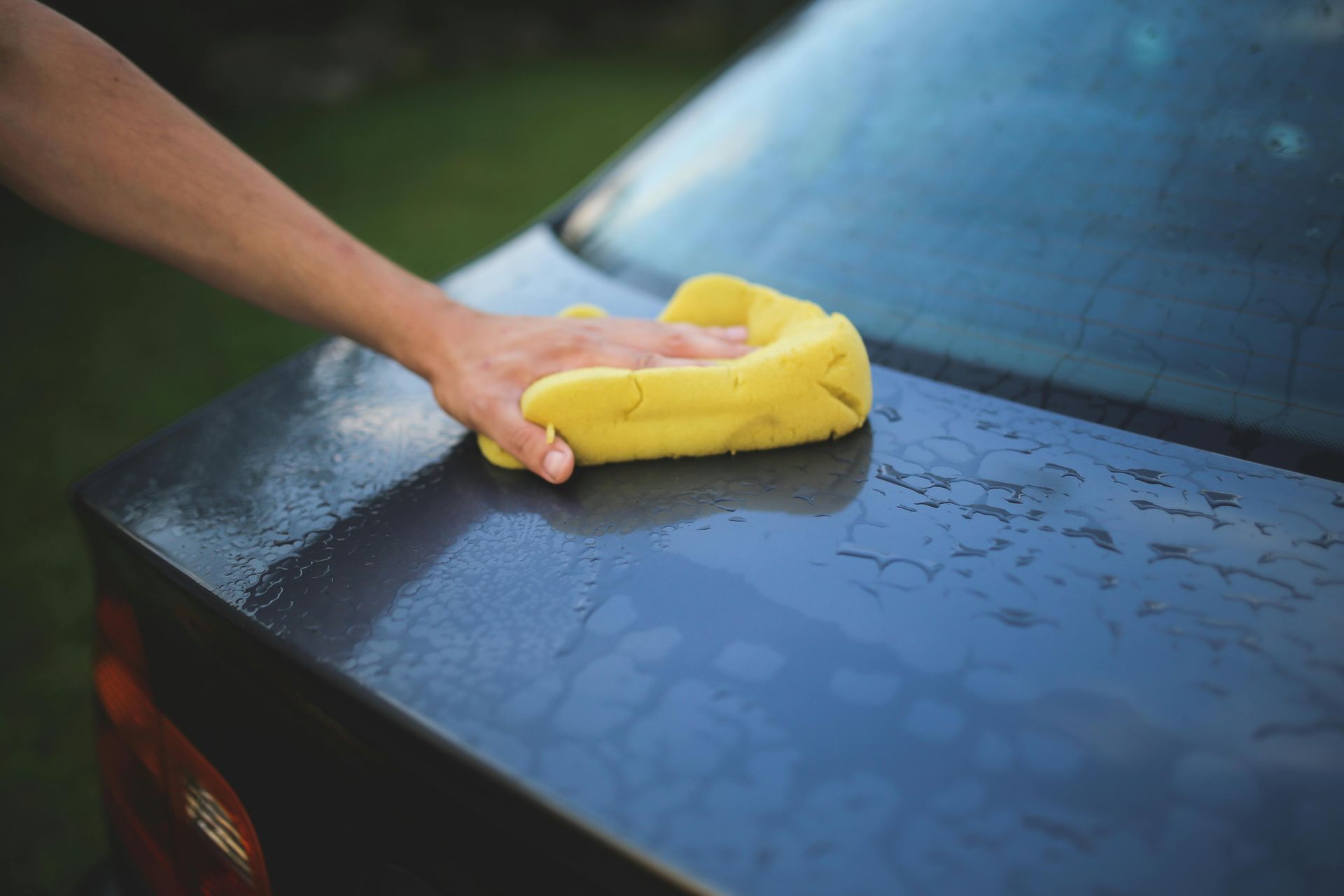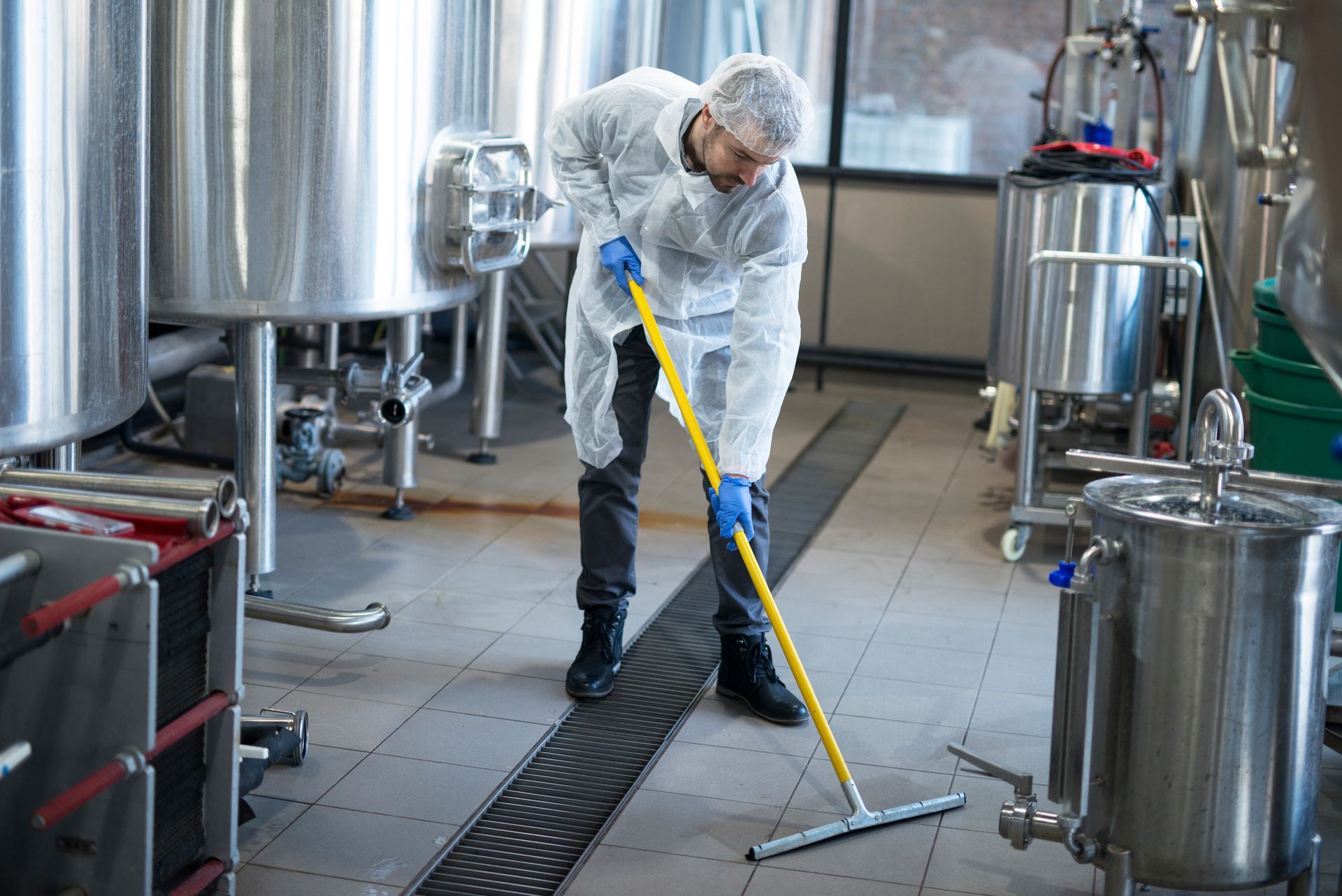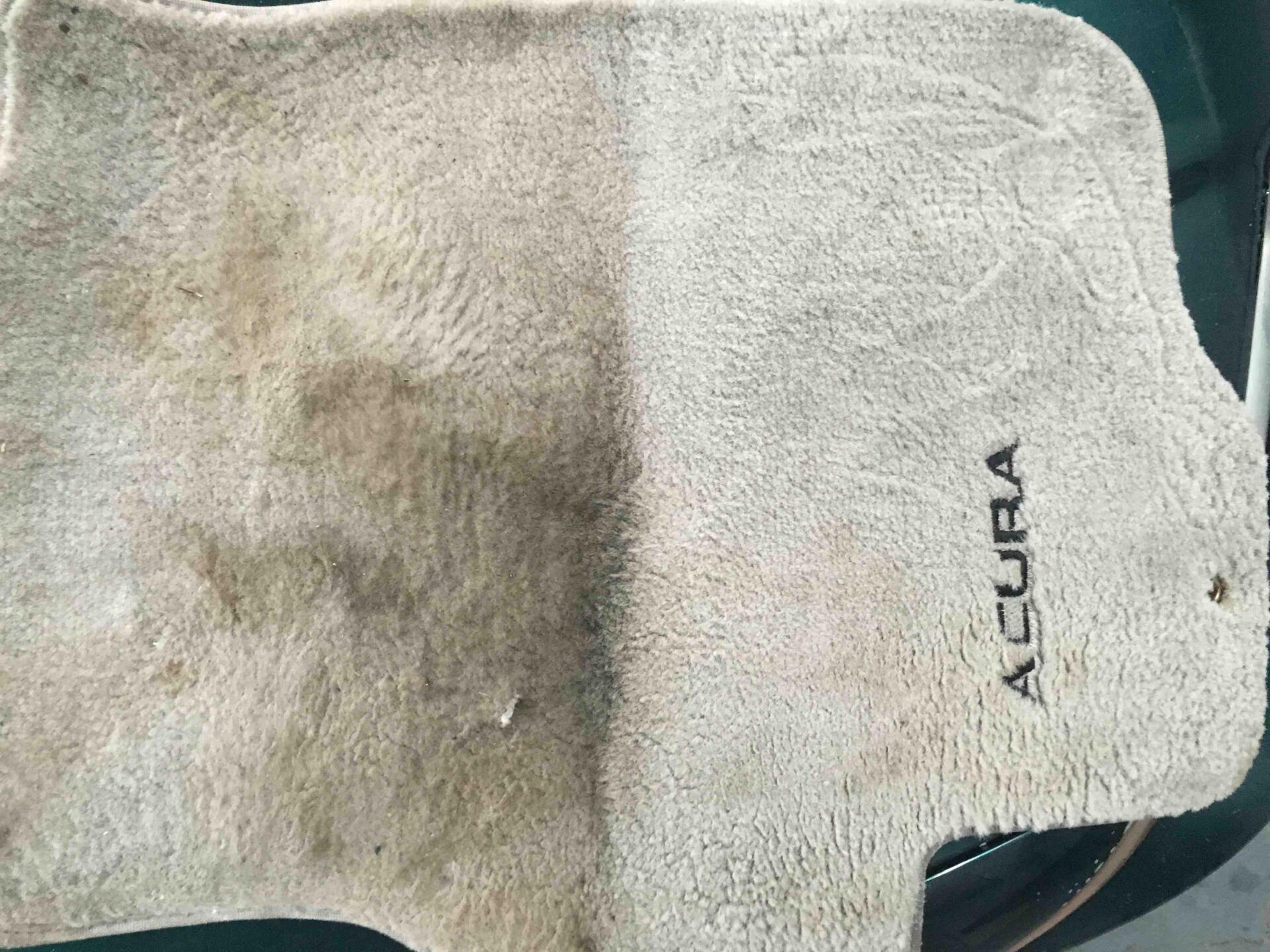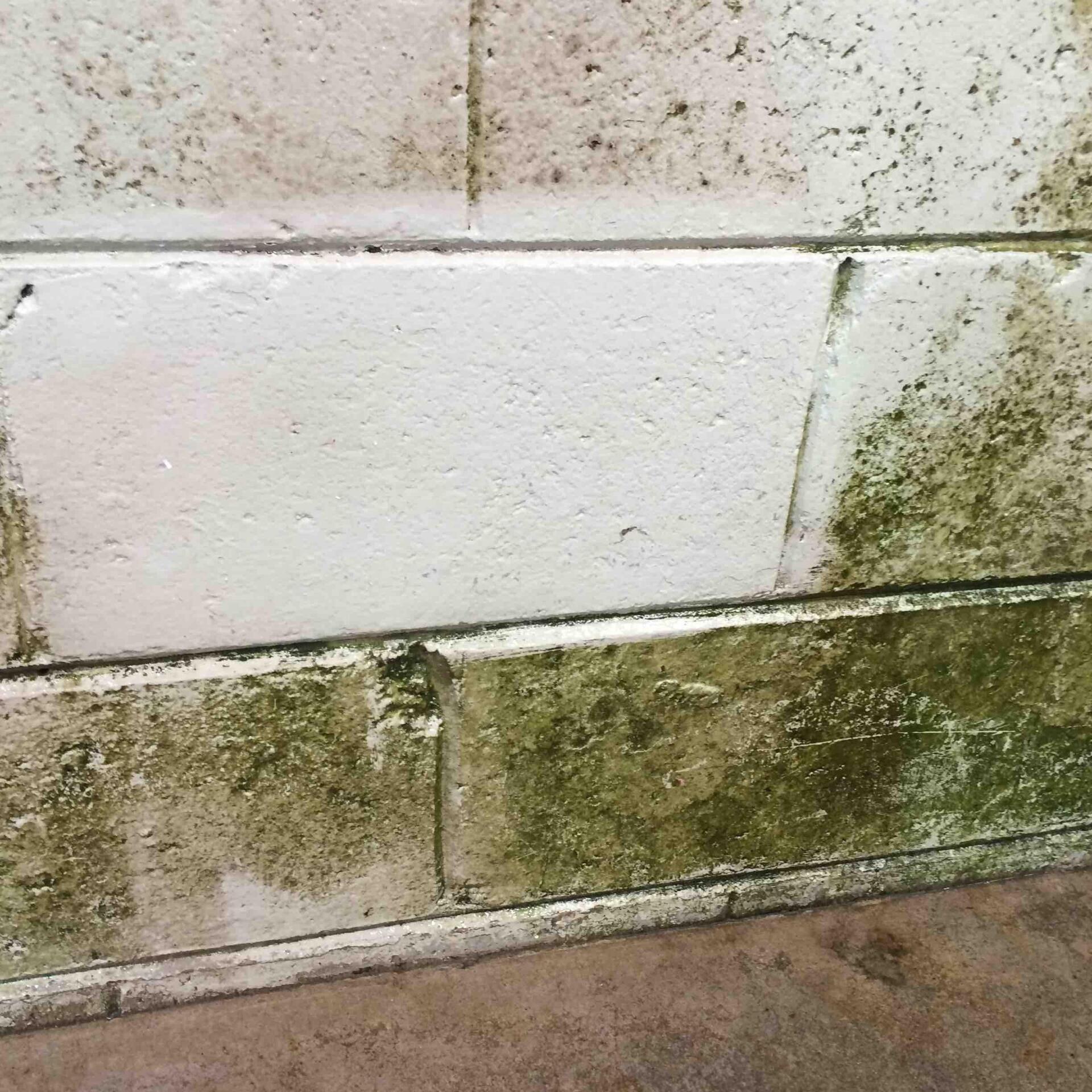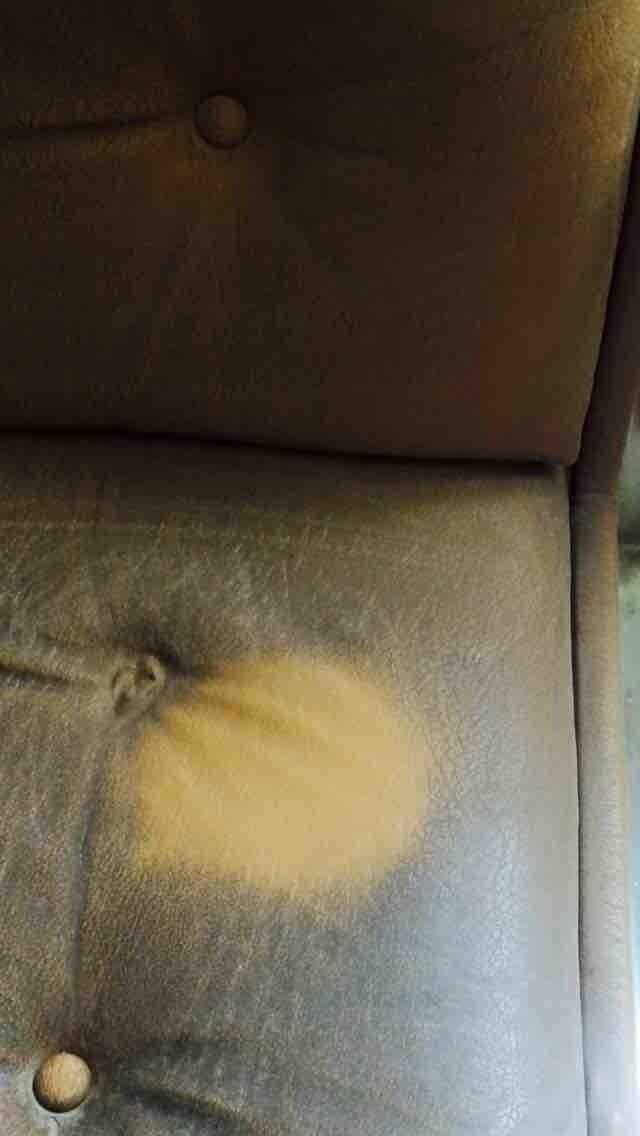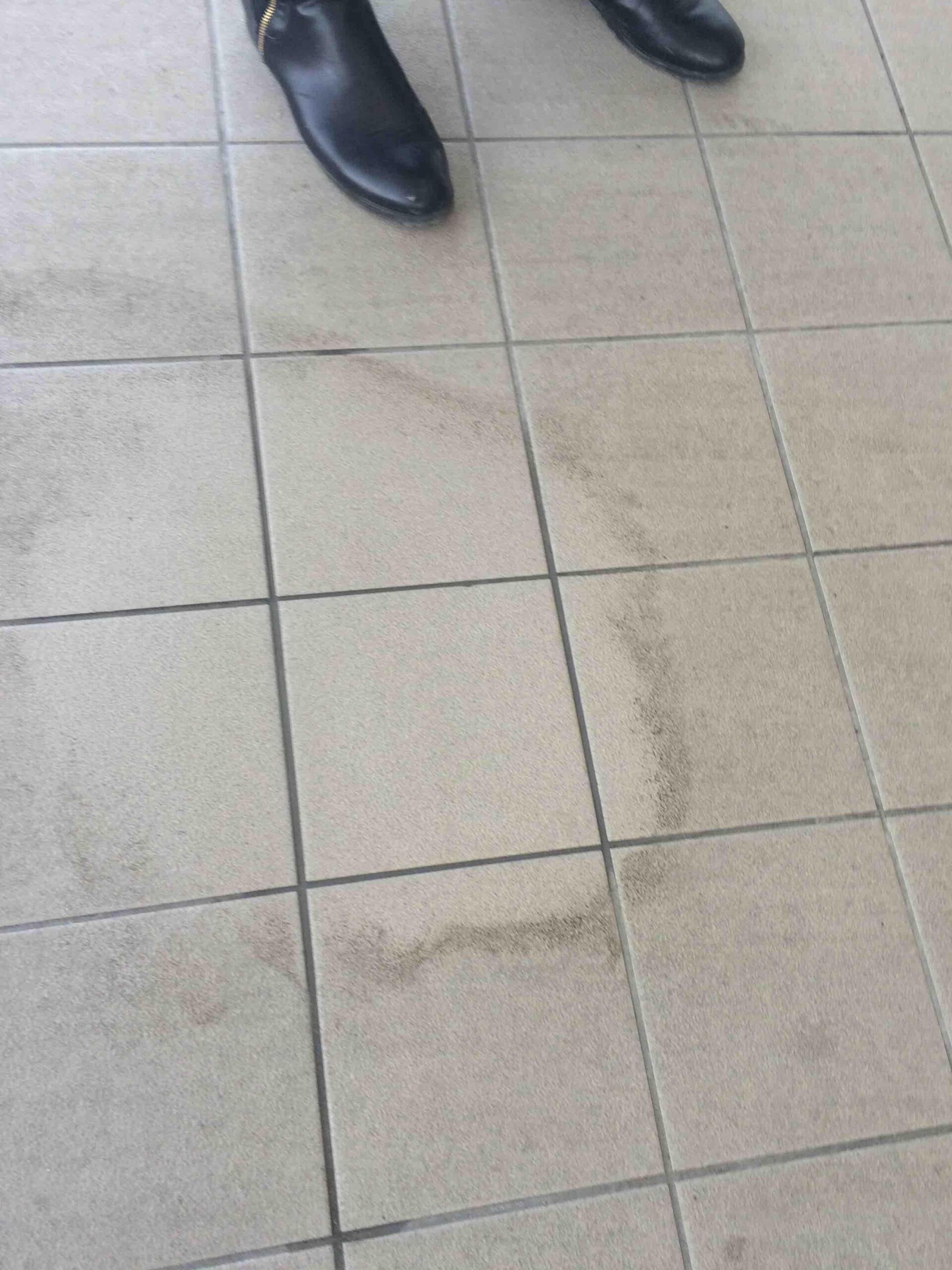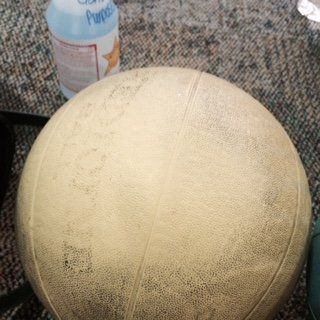Canada to ban single-use plastics by end of 2021
Recycling plastic in Canada has been a massive failure. Almost 3 million tonnes of plastic waste ends up in Canadian landfills each year. Plastic spray bottles can take up to 450 years to biodegrade!
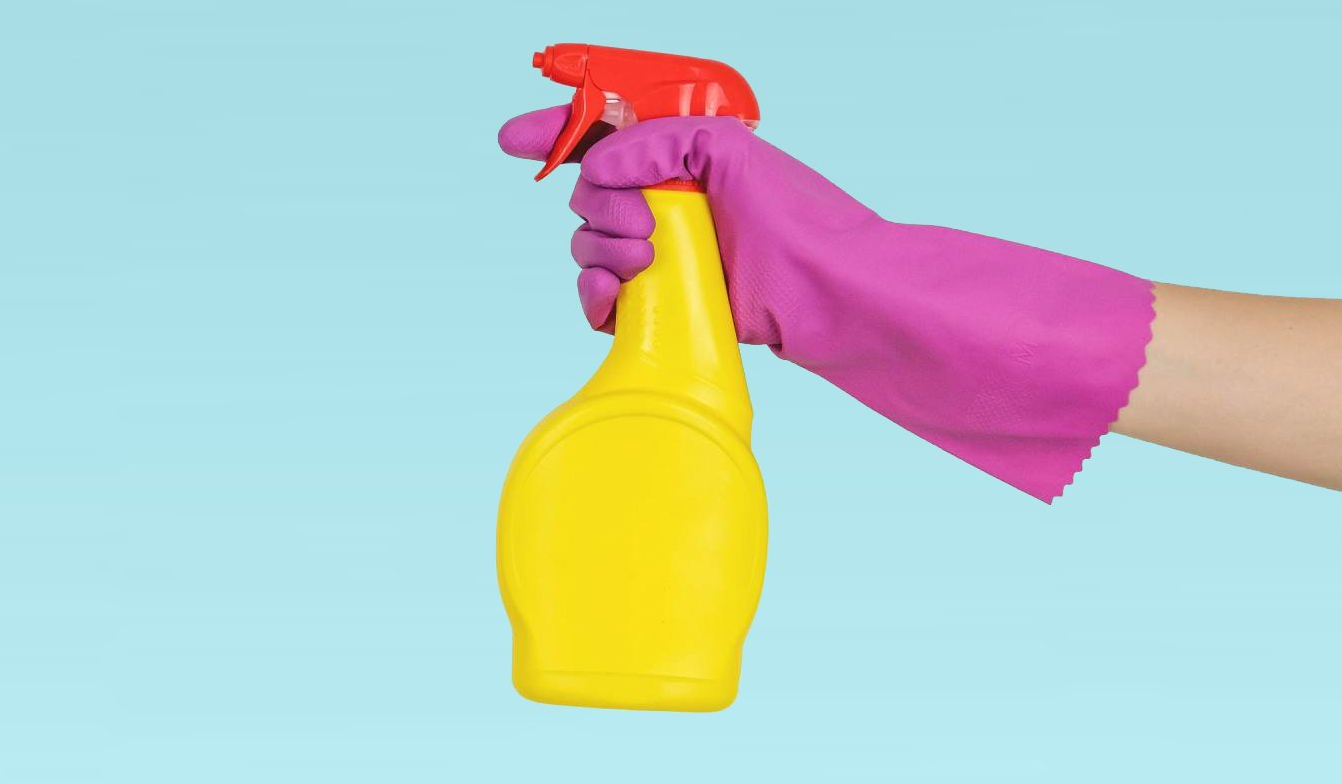
A big part of the problem is our behaviour…buying ready-to-use products and throwing away perfectly good spray bottles after just 1 single-use. Even with recycling programs, only 9-10% of plastic waste gets recycled. 86% of recycled plastic ends up in our landfills. The remaining 4-5% is burned or ends up in the environment, like lakes, oceans, forest etc.
Join the thousands of Canadians that use our highly concentrated products every day. Refill and reuse our heavy-duty spray bottles for a fraction of the cost of RTU products. Every time you reuse and refill one of our 1000 ml spray bottles, you prevent about 6 ounces of CO2 emissions, compared to using and recycling single-use RTU products!
- Get high-performance maintenance and disinfecting results for just nickels per spray bottle.
- Refill and reuse spray bottles. if you recycle a spray bottle, there is a 90% chance it ends up in a Canadian landfill.
- Reduce your CO2 footprint.
- Save money, a lot of money, compared to single-use RTU products.
Recycling is not working
According to a recent study conducted by Deloitte, over 3 million tonnes of plastics were discarded as waste in Canada in 2016, and only 9% was recycled. 2.824 million tonnes of plastic material was sent into landfills or leaked into the environment in 2016.
All those years past of carefully separating plastic waste into blue bins or recycling centres had minimal benefit….almost 3 million tonnes of plastic waste end up in landfills every year.
Did you know that a light weight PET bottle, used once for drinking water, takes over 450 years to biodegrade? The problem is our behaviour, repeatedly using single-use plastic bottles and throwing them away. Estimates show that one 500-milliliter (0.53 quarts) plastic bottle of water has a total carbon footprint equal to 82.8 grams (about 3 ounces) of carbon dioxide.
RTU, or ready-to-use products, such as glass cleaners, disinfectants, degreasers etc. dominate the marketplace. Most consumers will use the RTU product up and then throw away the plastic bottle.
Don’t Recycle. Refill & Reuse
When Econo-Chem was created in 1989, we had a decision to make.
Should we offer RTU products, or concentrates?
We decided to make our products as concentrated as possible. Our customers add water and produce high-performance maintenance and disinfecting solutions, for a fraction of the cost of RTU products. For example, when we ship a dozen 20-litre pails (240 litres total) of Econo-Clean concentrate to a high-end automotive dealership in Toronto, they dilute as needed, at an average of 30-1 with water, to custom-blend 7,200 litres of maintenance products. We supply heavy-duty HDPE 1000 ml spray bottles & spray triggers to our customers. We like to call these our FOREVER spray bottles, as they can re refilled and reused for decades! The Toronto auto dealership can refill and reuse their spray bottles 7,200 times from their dozen pails of concentrate.
What is the CO2 reduction created from refilling and reusing spray bottles, instead of using once and throwing away? If one 500 ml PET plastic water bottle has a carbon footprint of about 3 ounces of carbon dioxide, then it would take 14,000 x 500 ml bottles to match the 7,200 x 1000 ml bottles the dealership blends and uses. 14,000 bottles x the 3 ounces of CO2/bottle = 42,000 ounces of CO2. That is 2,625 pounds, or 1.19 metric tonne of CO2 reduction by using the dozen 20-litre pails of Econo-Clean concentrate rather than recycling single-use RTU products.
Over the past 31 years, our customers have used over 2.2 million litres of Econo-Clean concentrate, refilling and reusing their 1000 ml spray bottles 67 million times. The benefit from this one refillable product over the past 31 years was about 11,390 metric tonnes of CO2 reduction, compared to single-use RTU throw-away products.
Our Lemon-Guard disinfectant concentrate dilutes at 49-1 with water to produce a hospital-grade disinfectant. In the past 12 months, our customers have refilled and reused their 1000 ml spray bottles almost 700,000 times, in the process creating a carbon reduction of about 119 metric tonnes of CO2.
Create a more memorable first impression in your stores with Econo-Clean today
Delivering exceptional service, high-performance maintenance products and solutions since 1989.
Store Products
Join our newsletter
Join Newsletter
We will get back to you as soon as possible.
Please try again later.
All Rights Reserved | Econo-Chem | In Partnership with CCC
